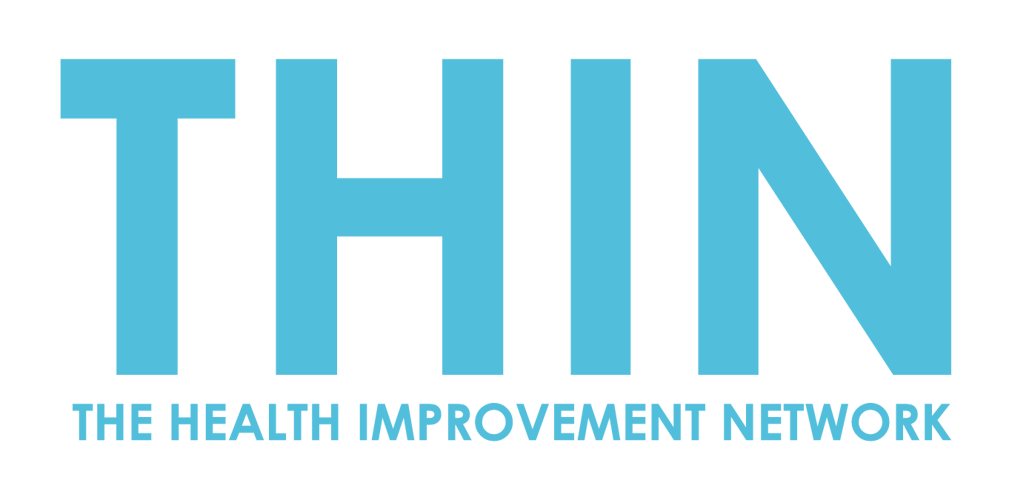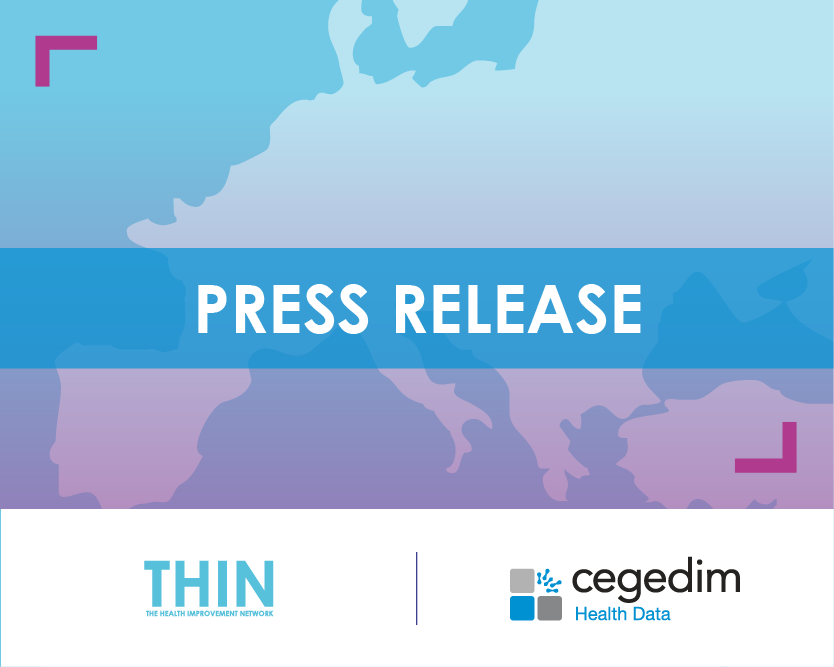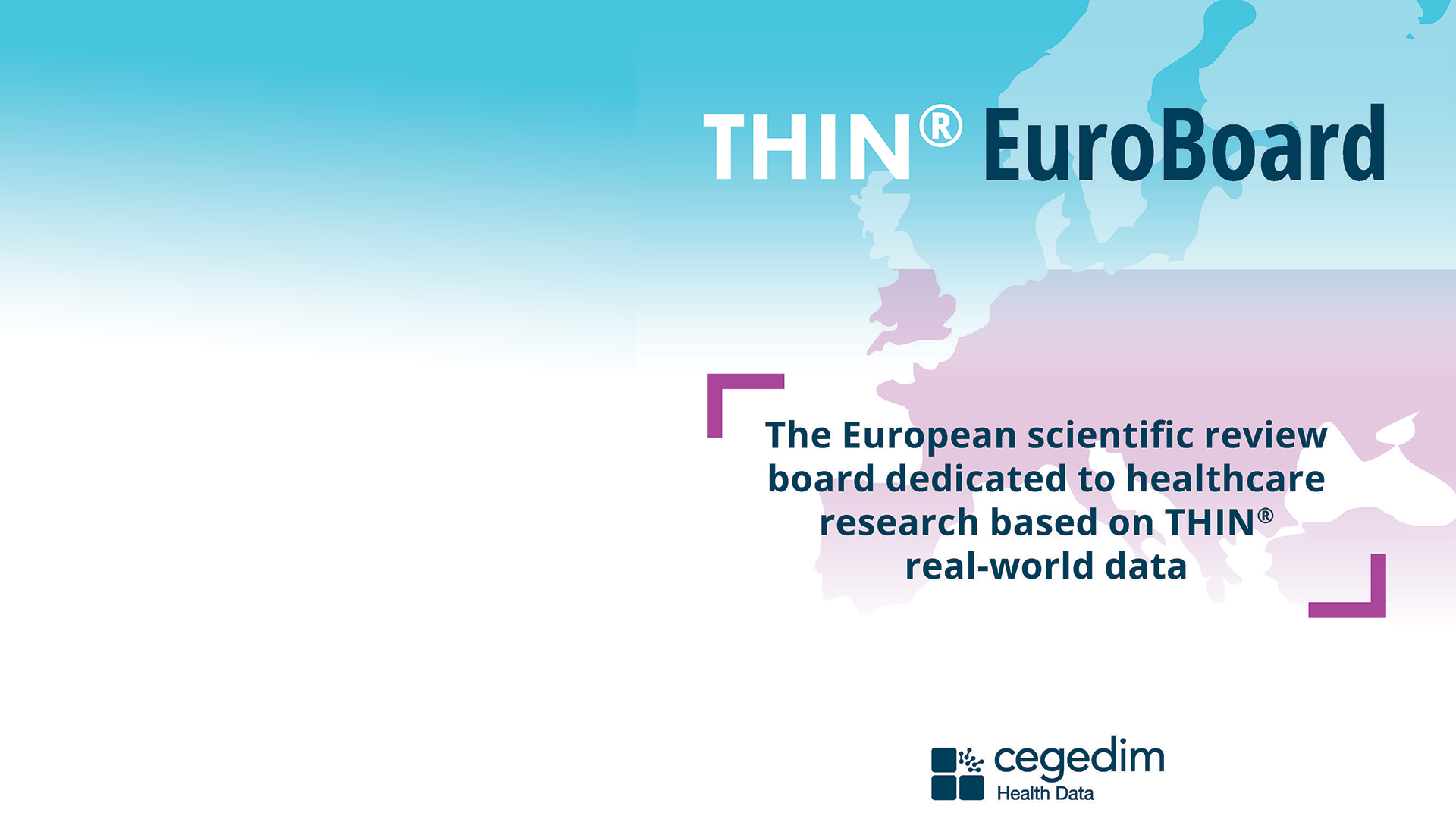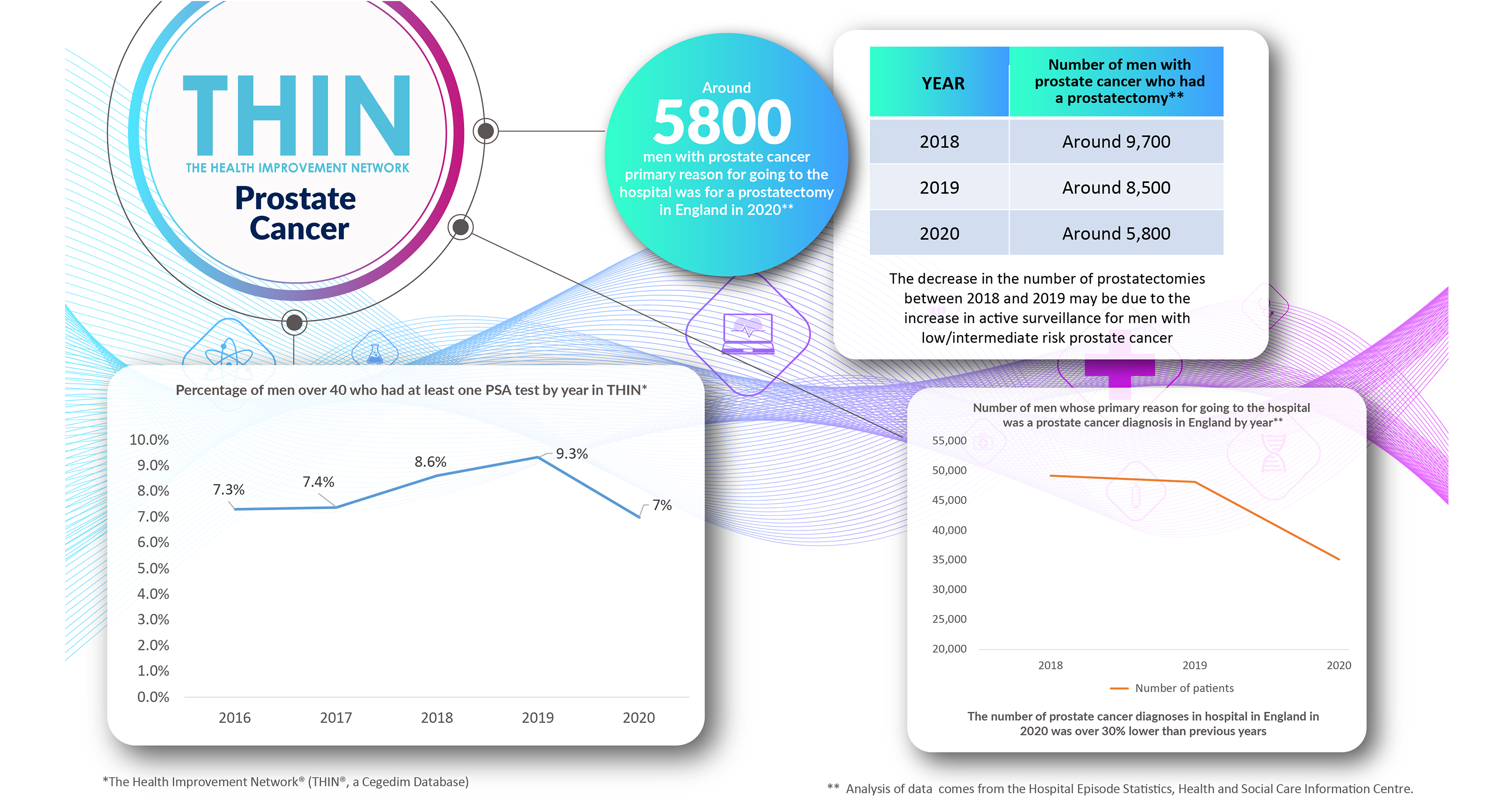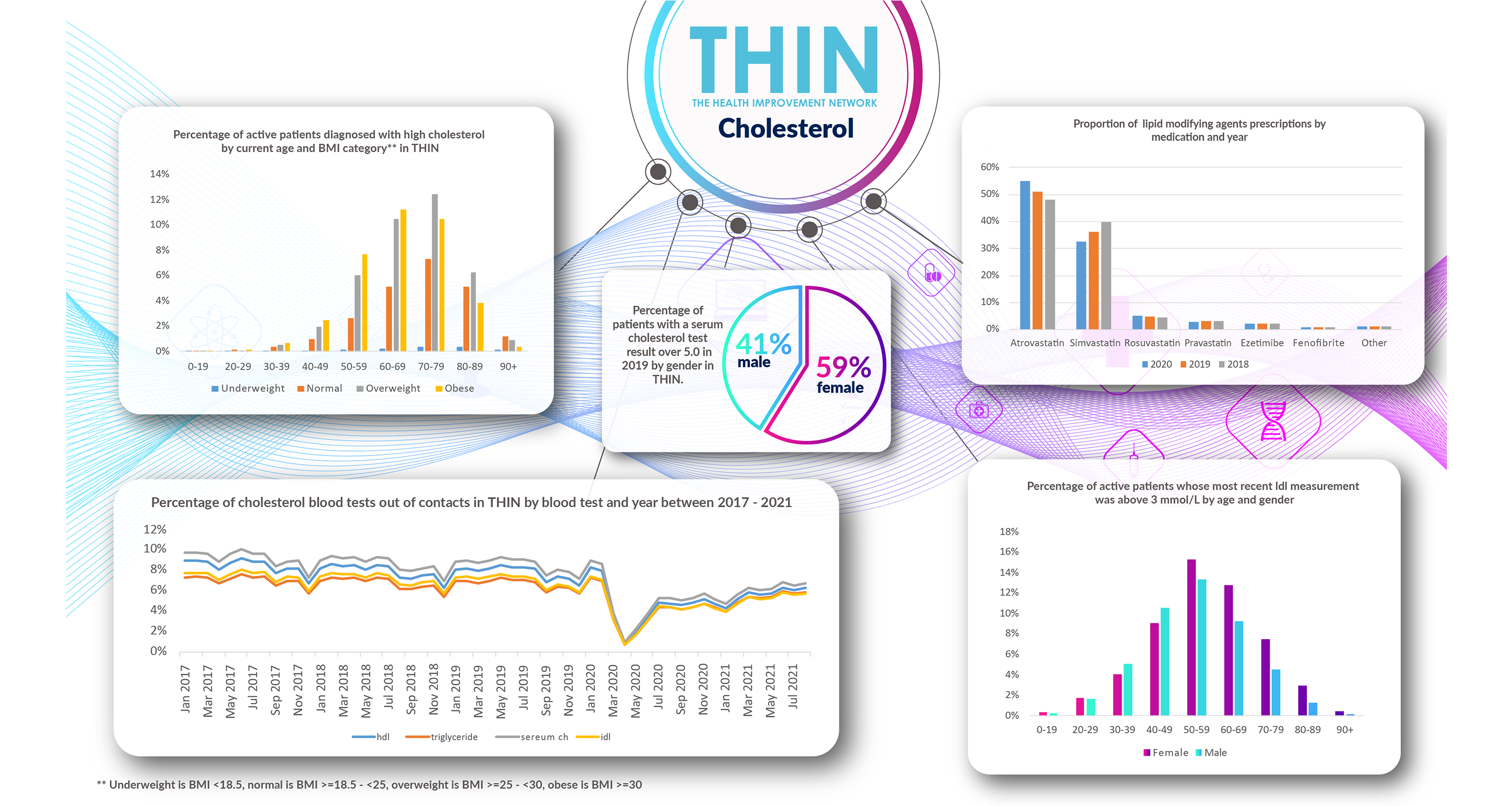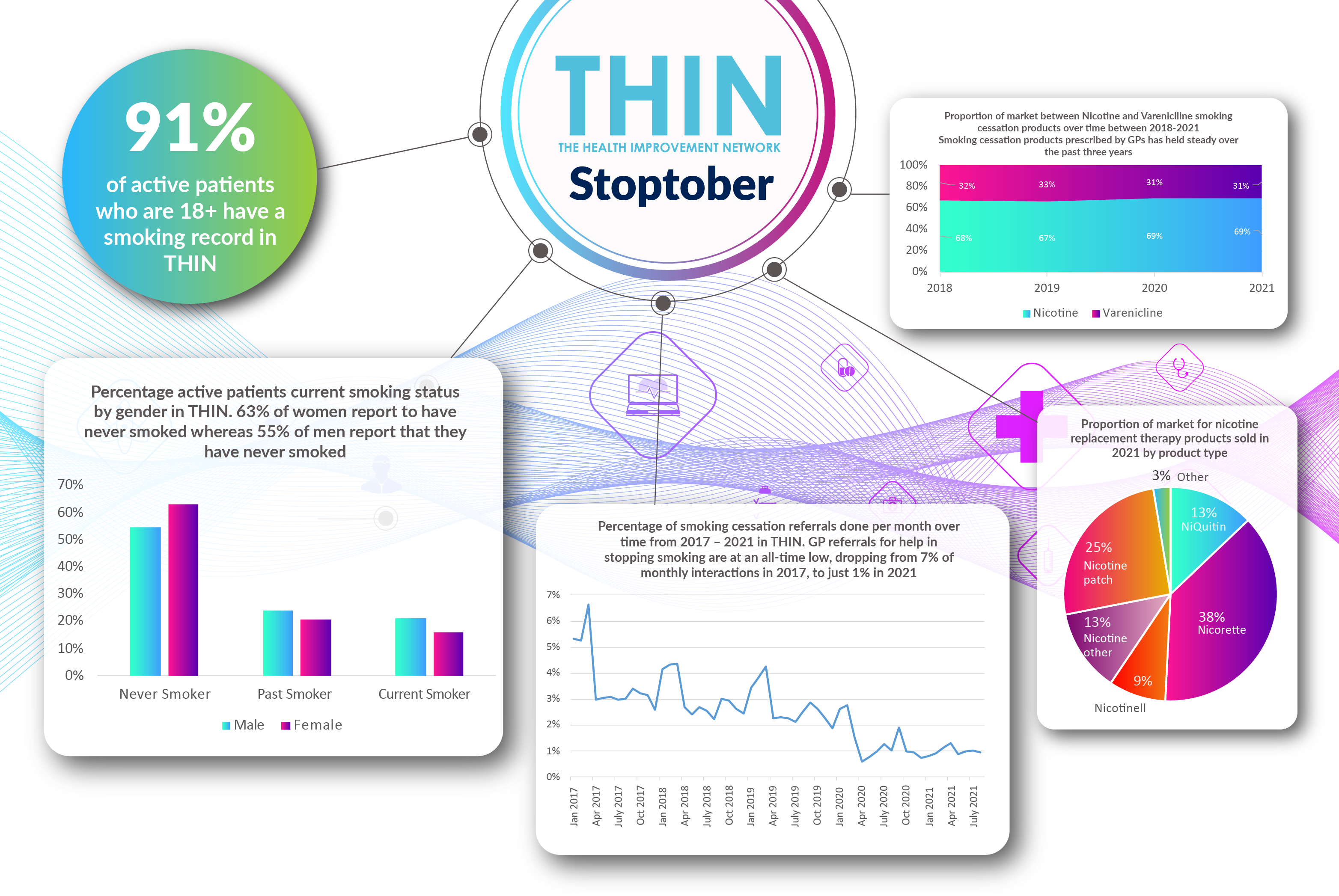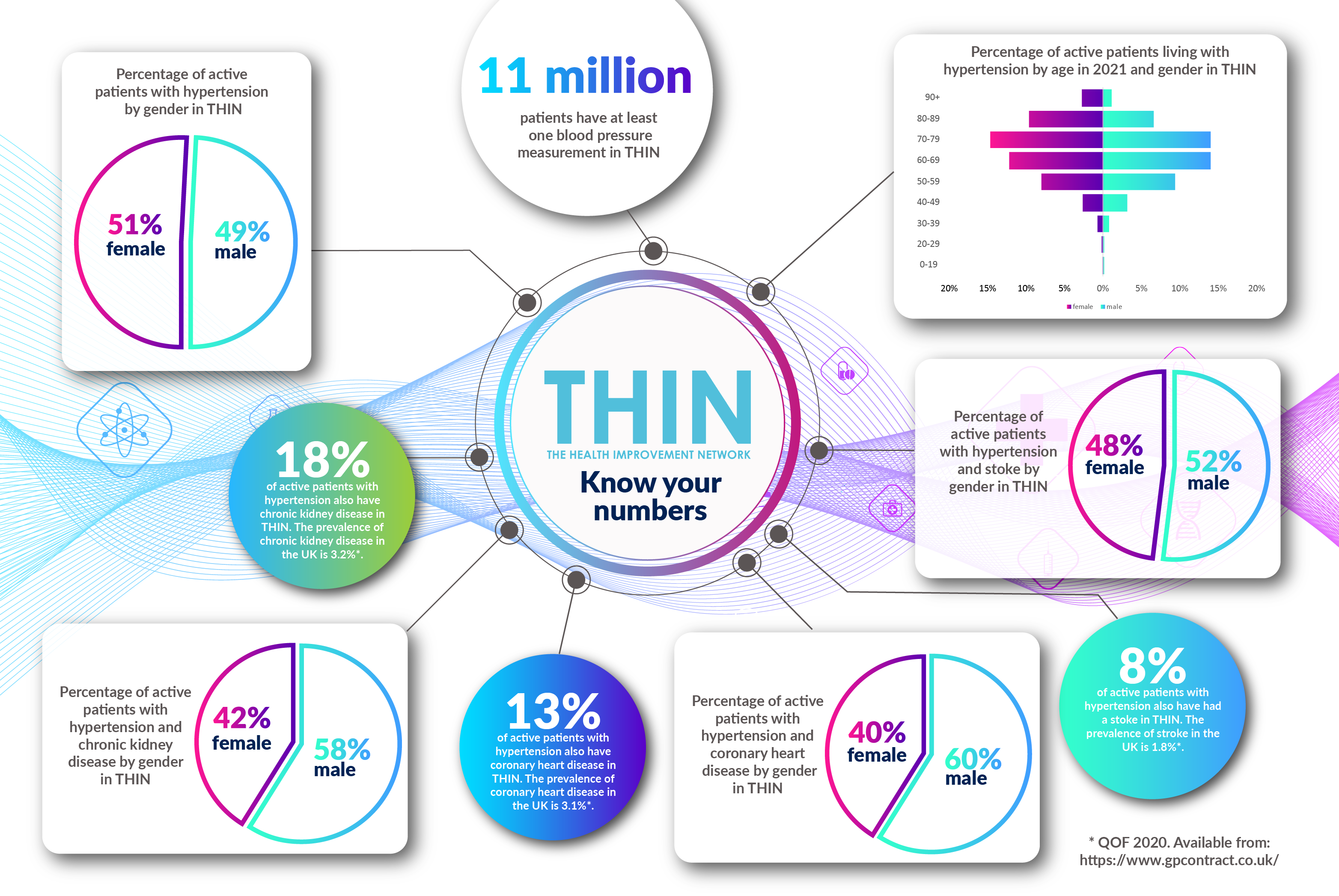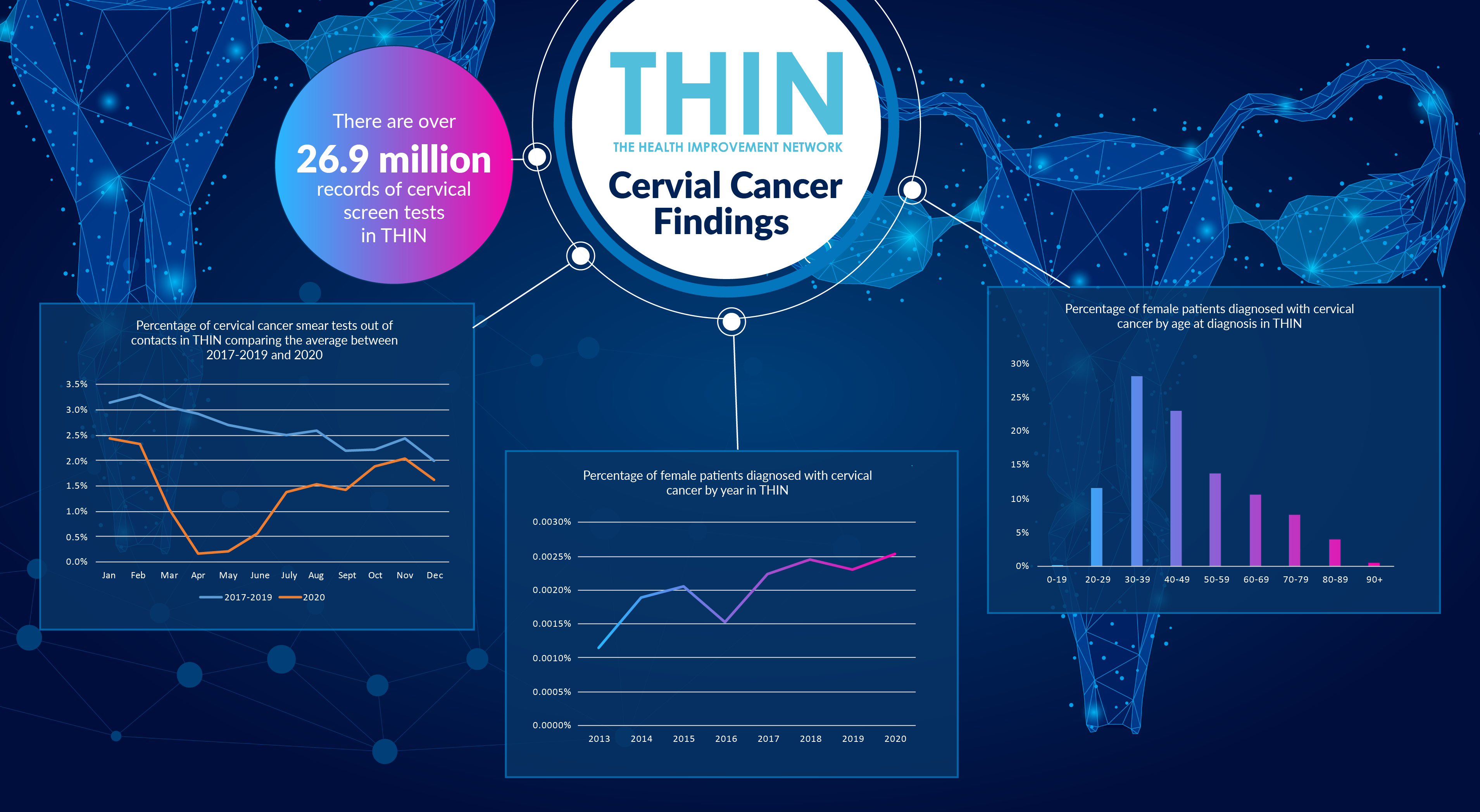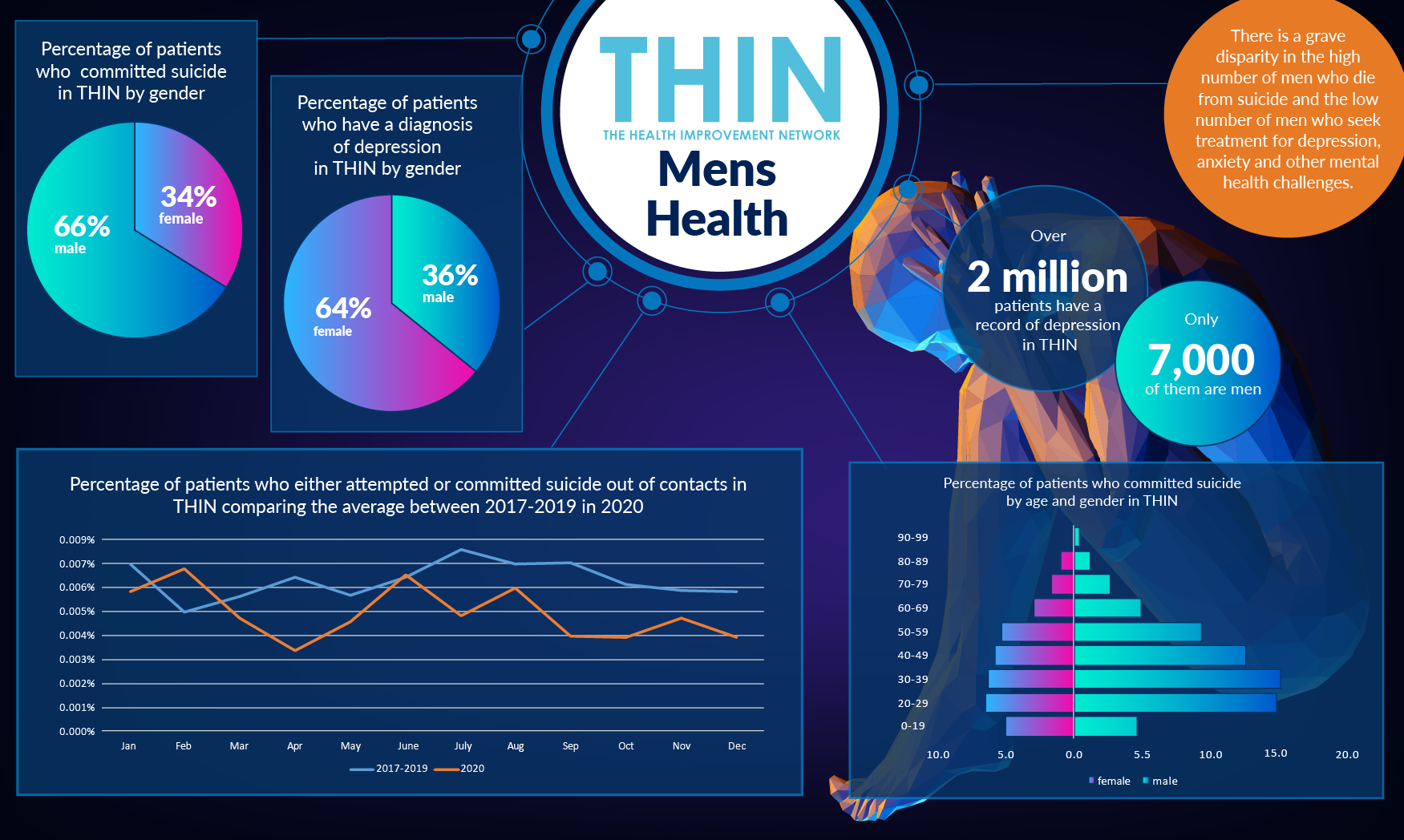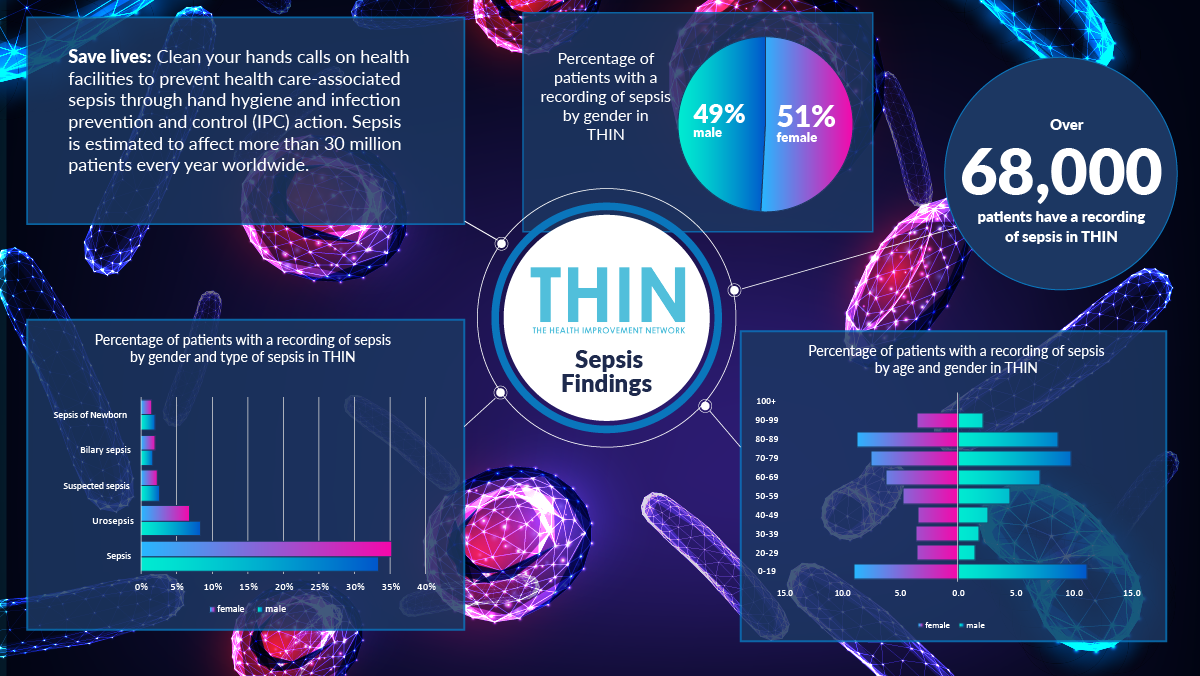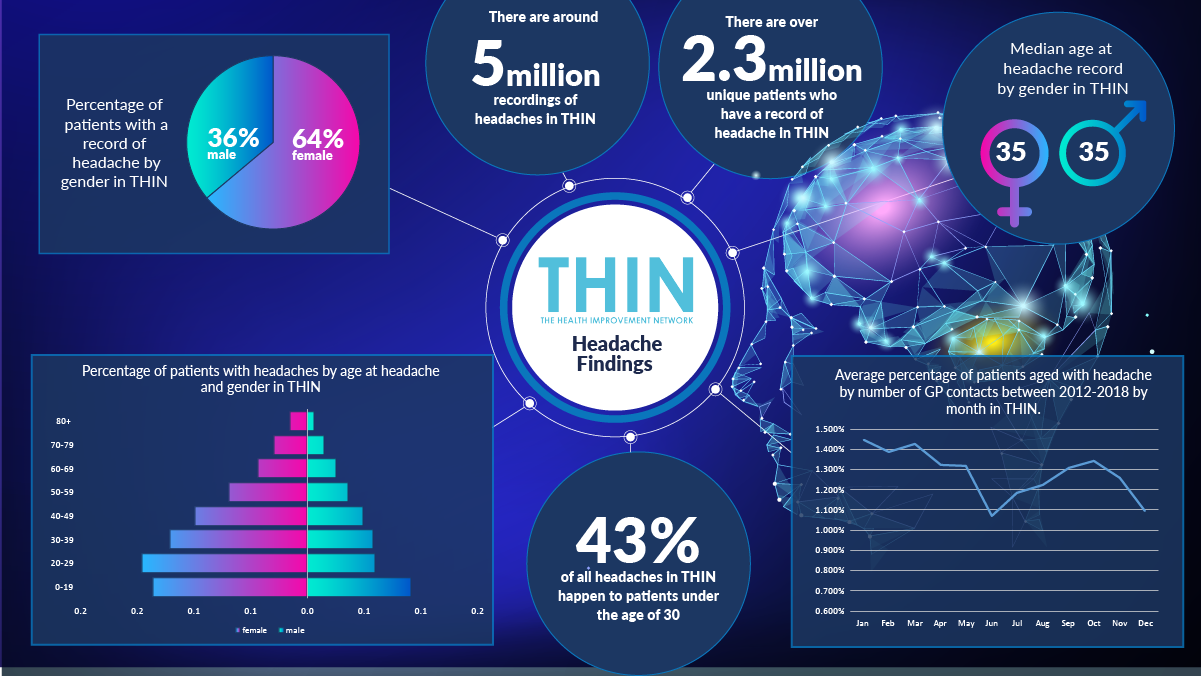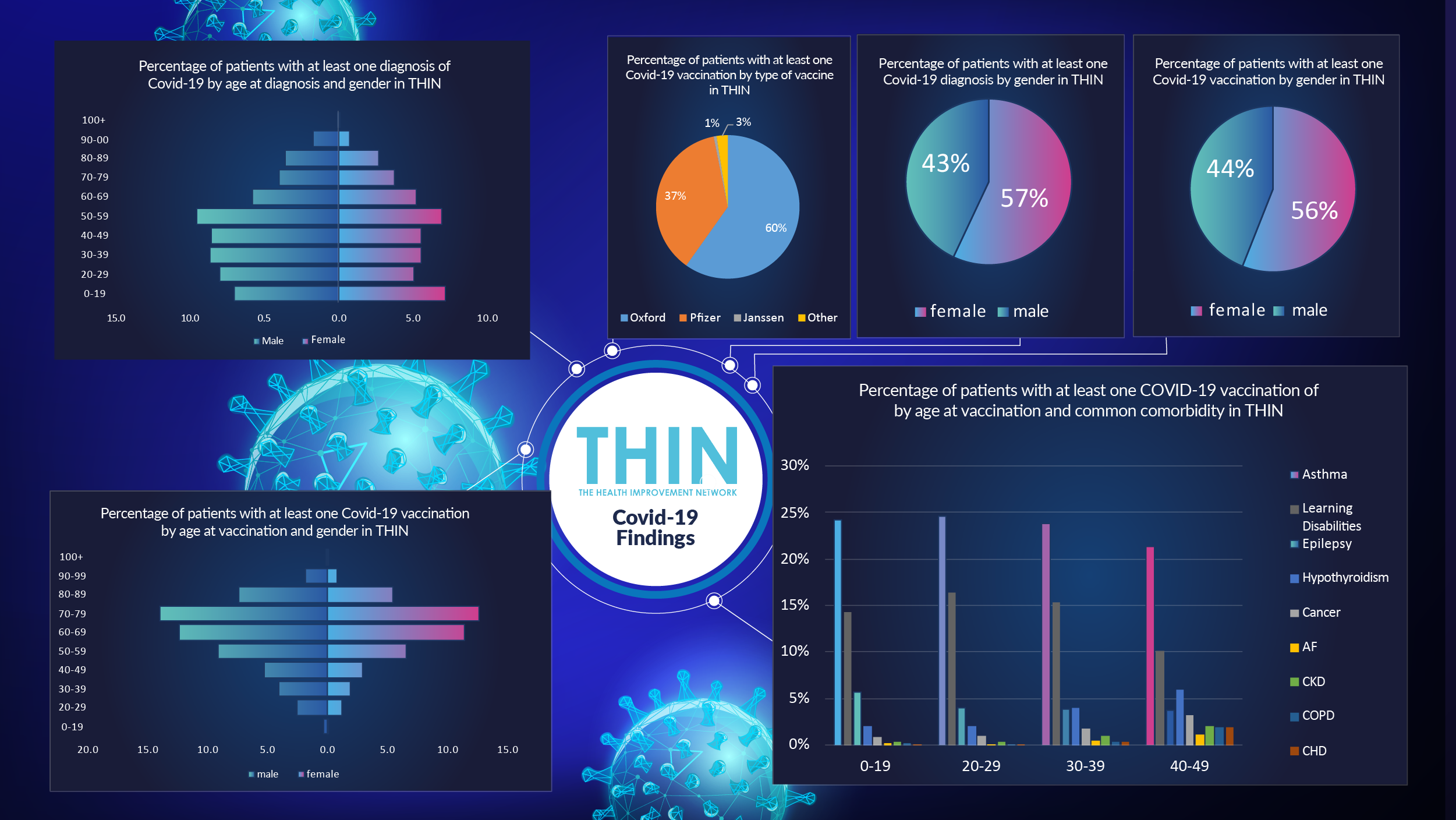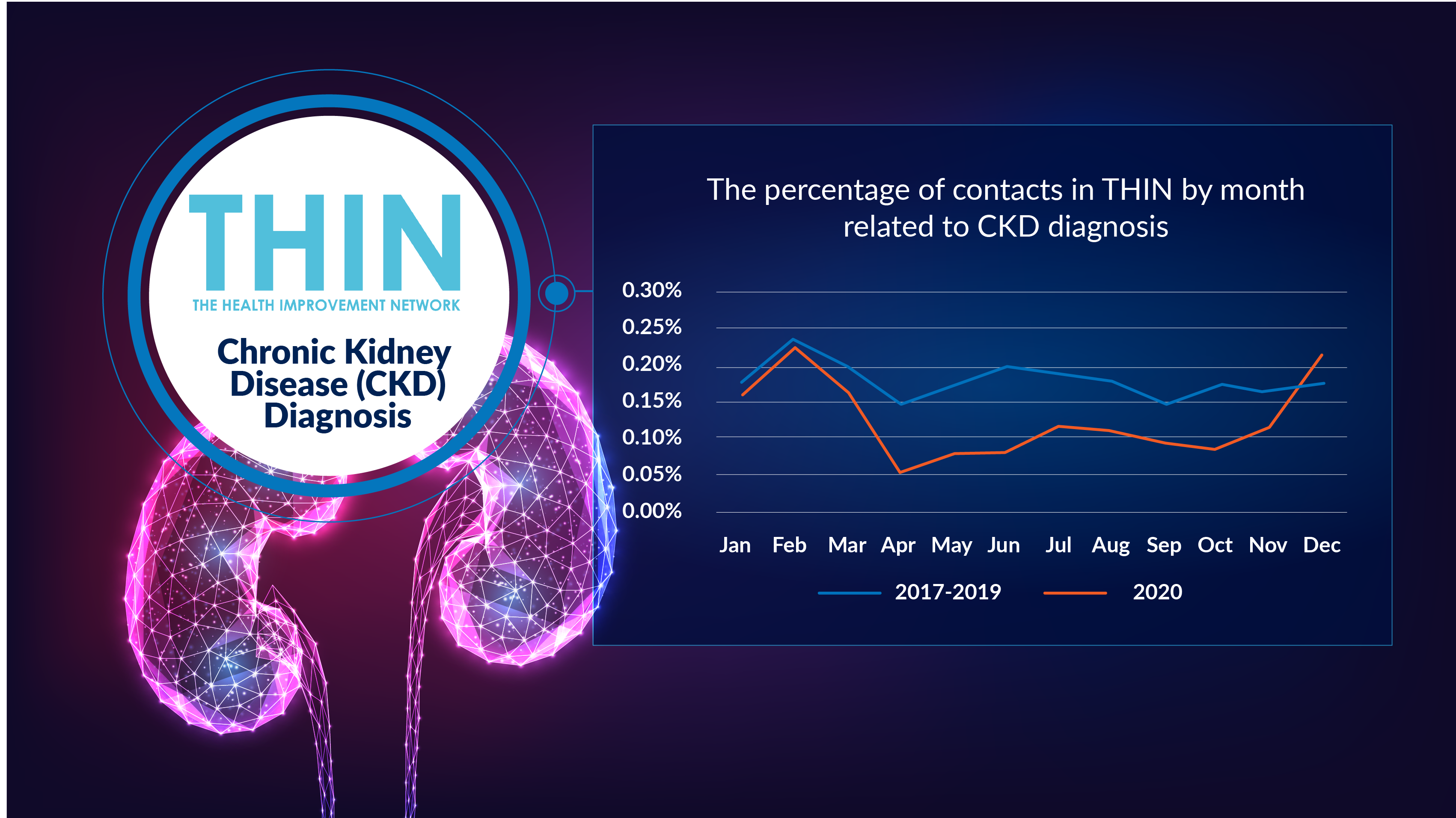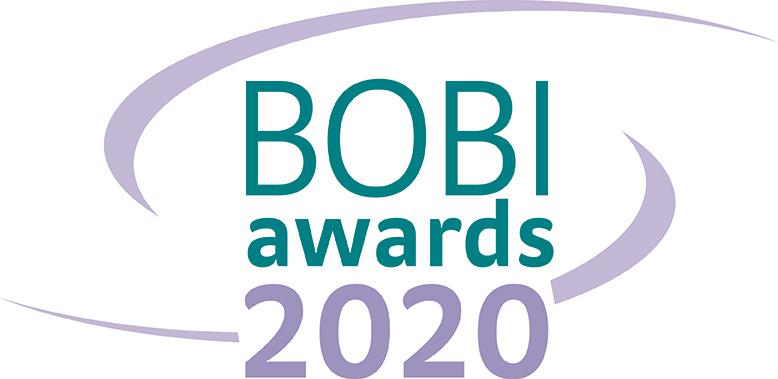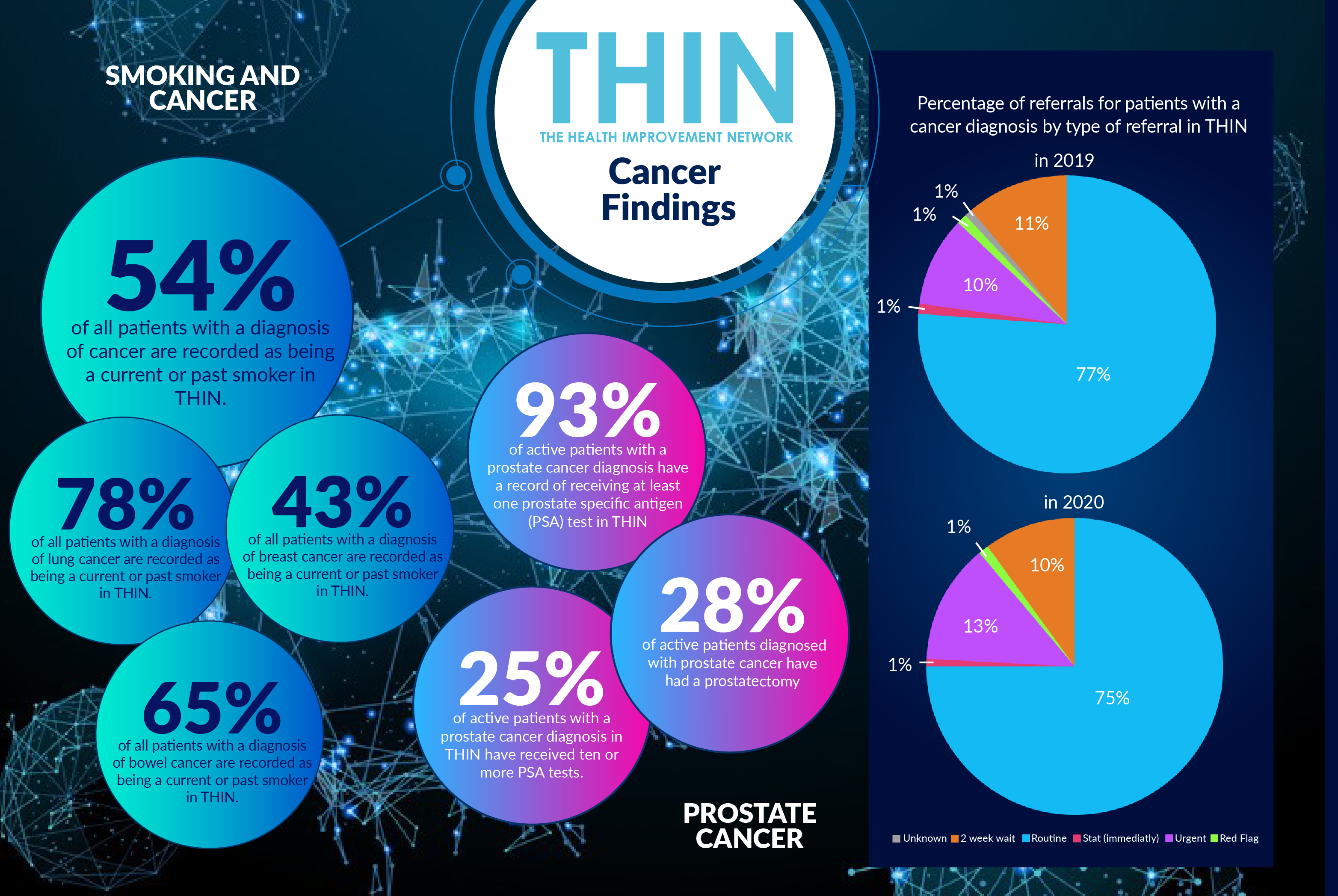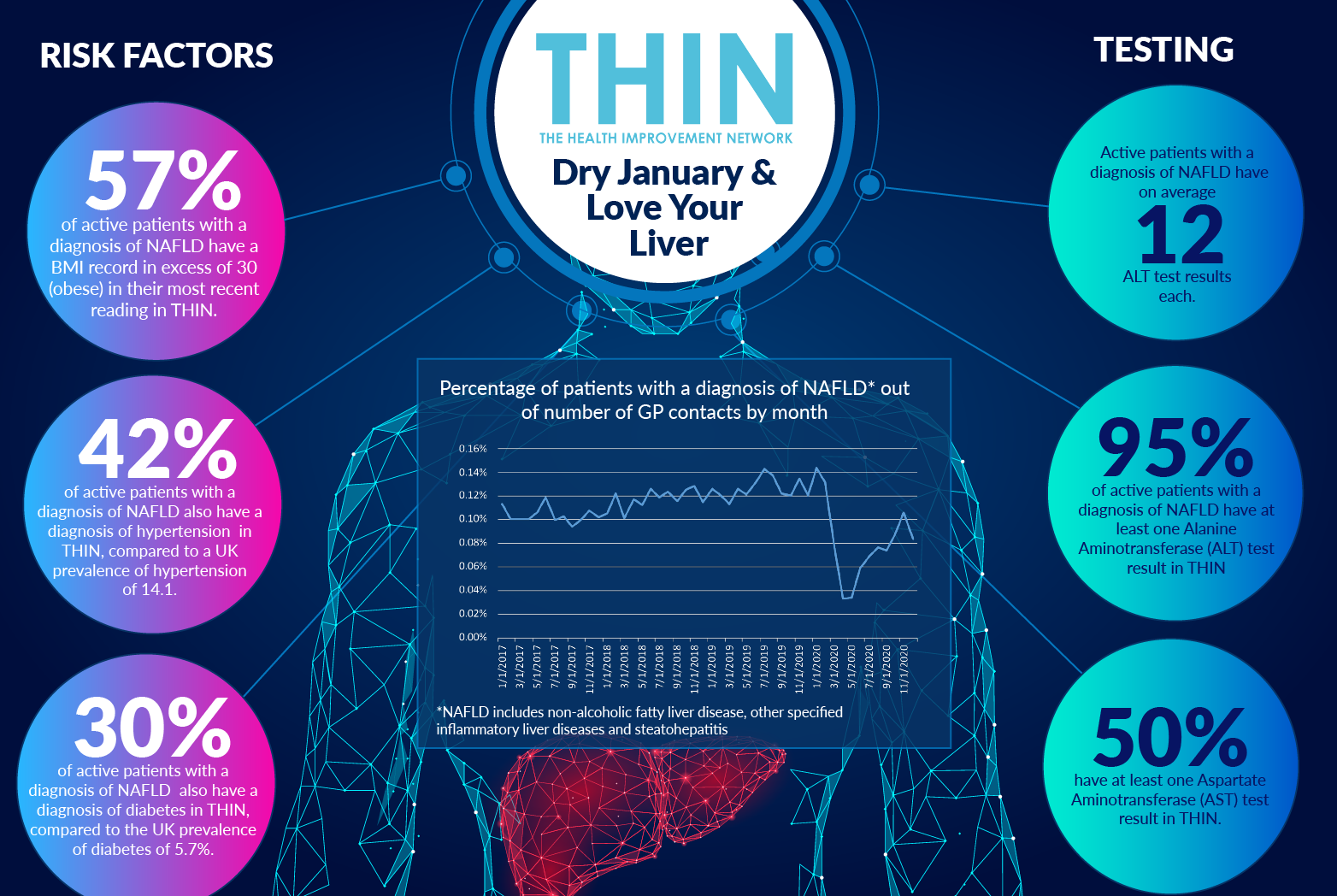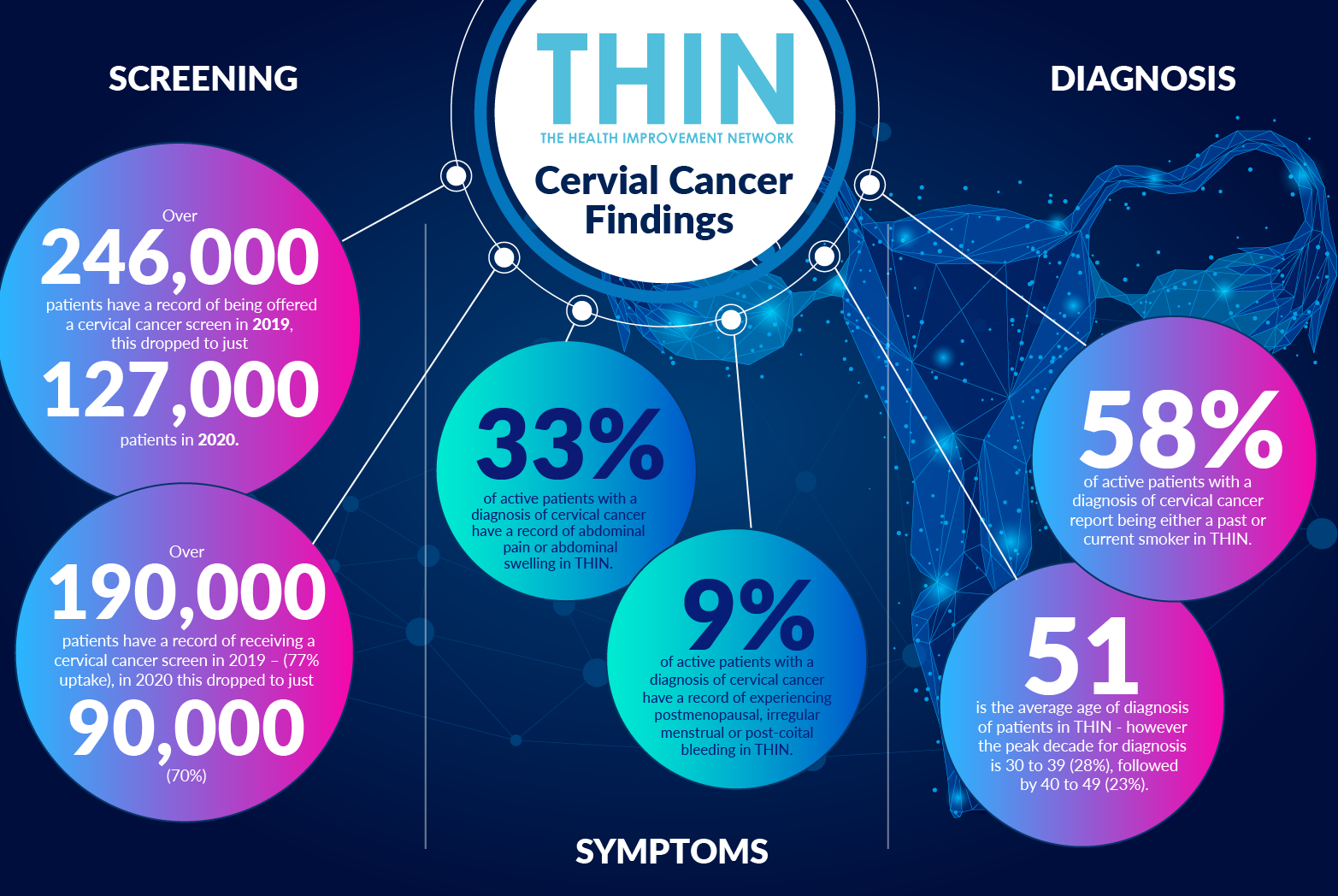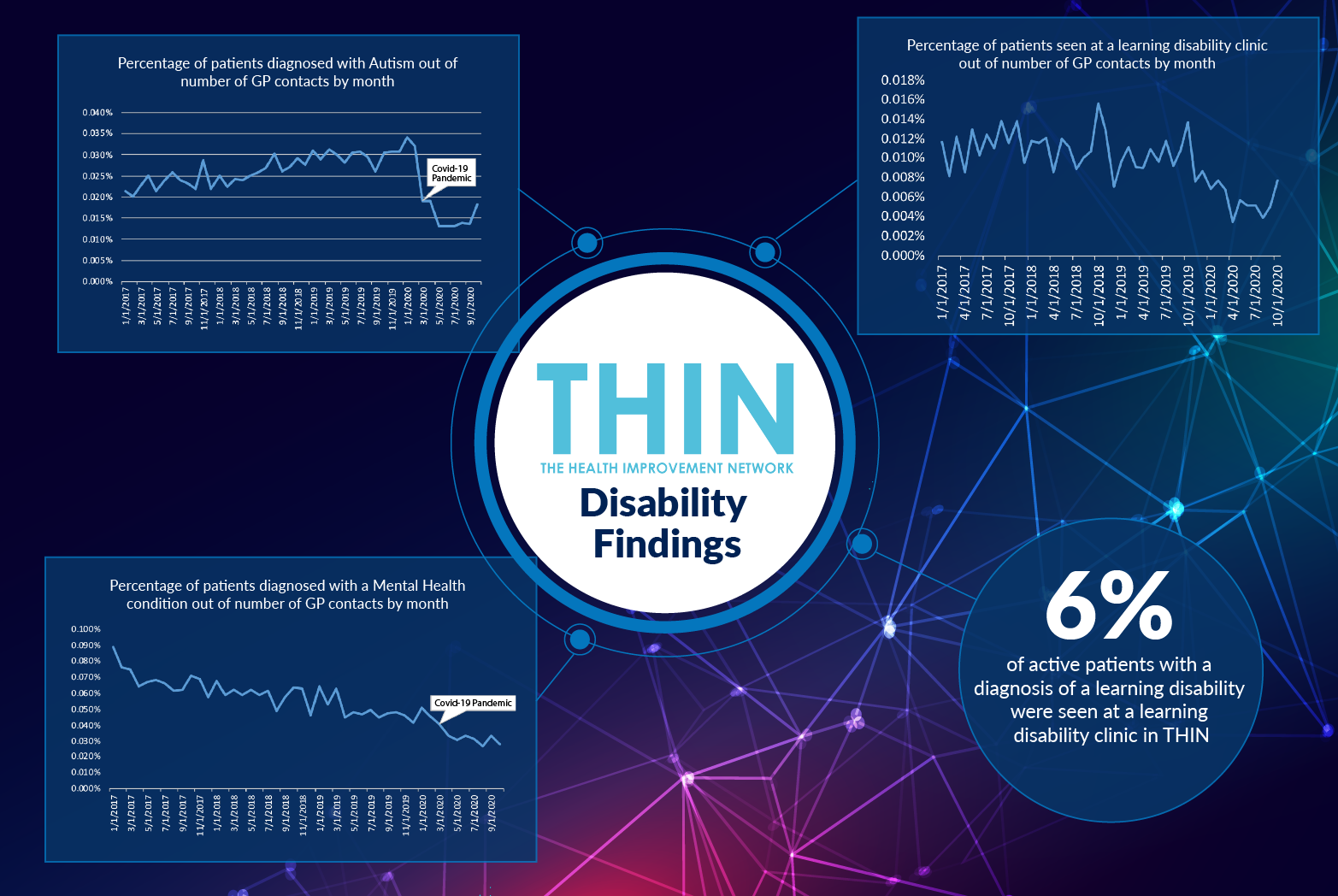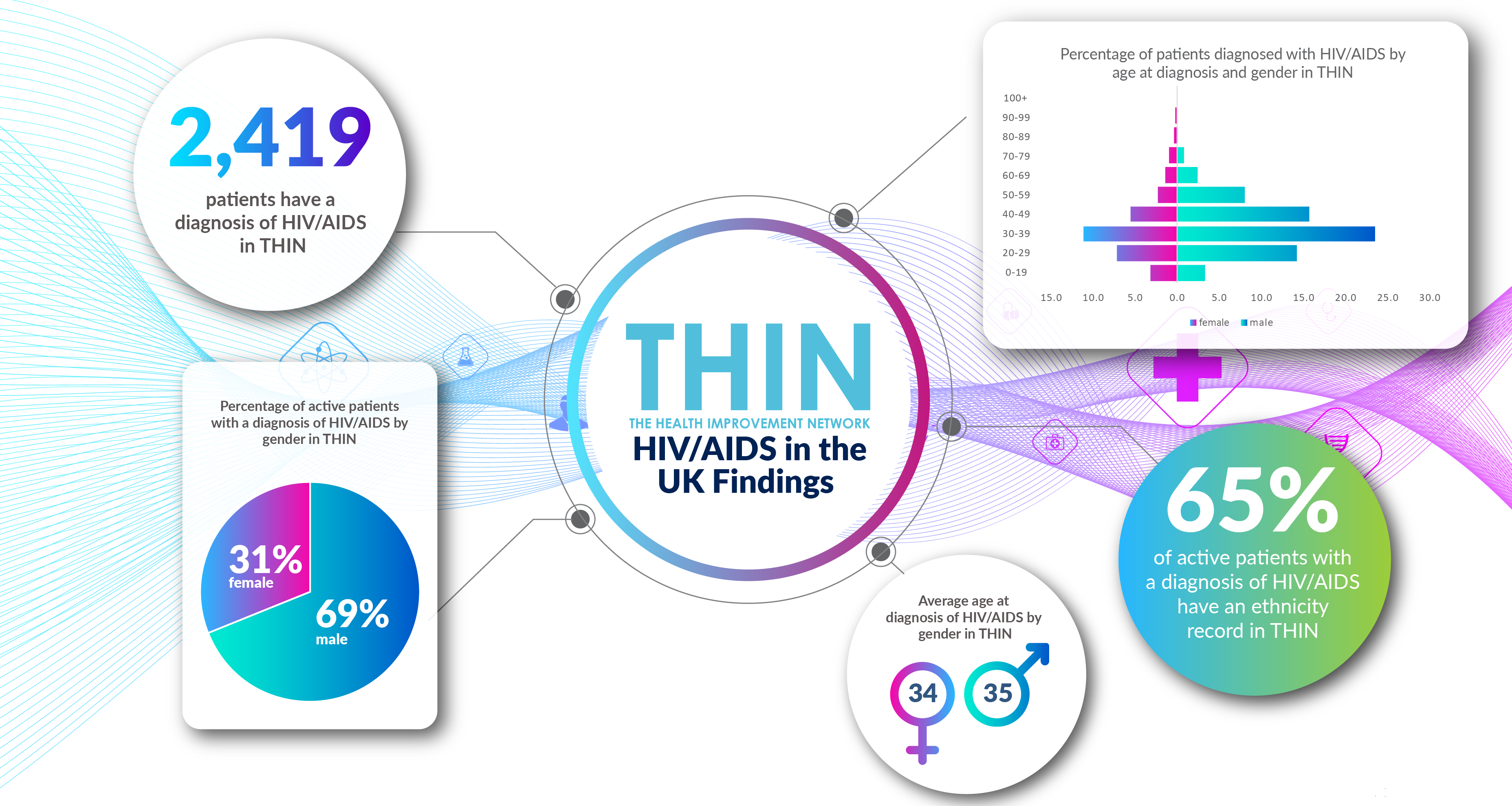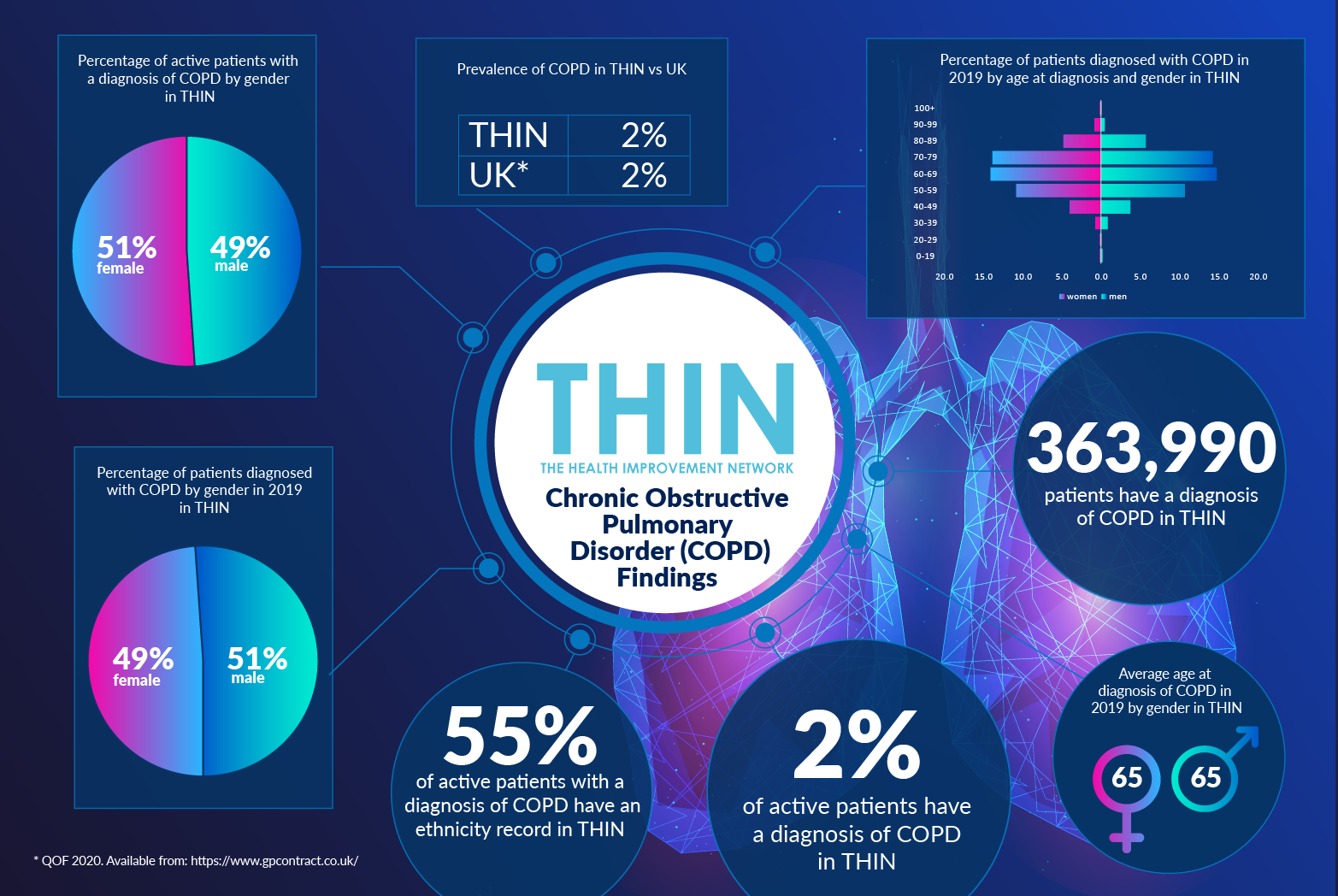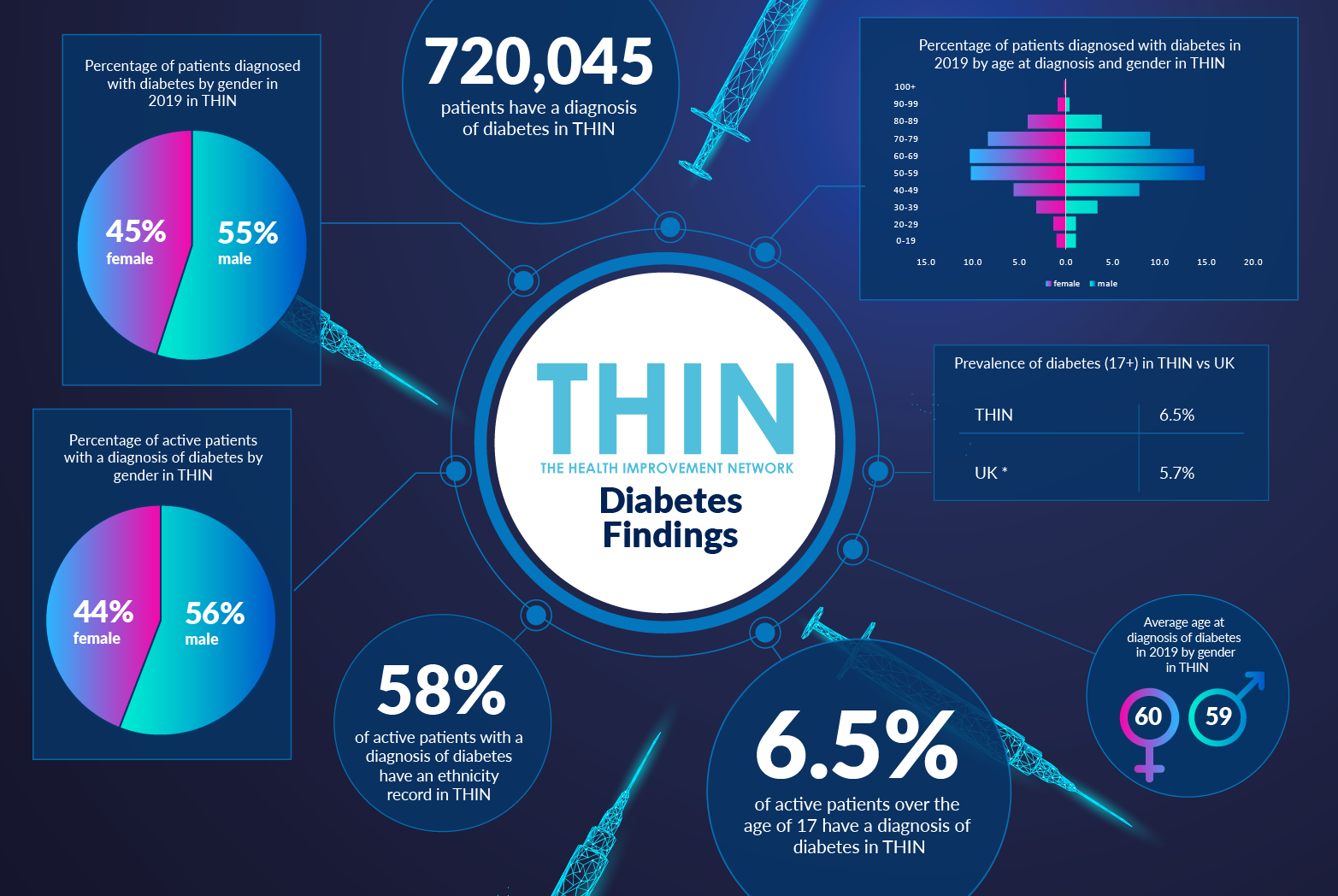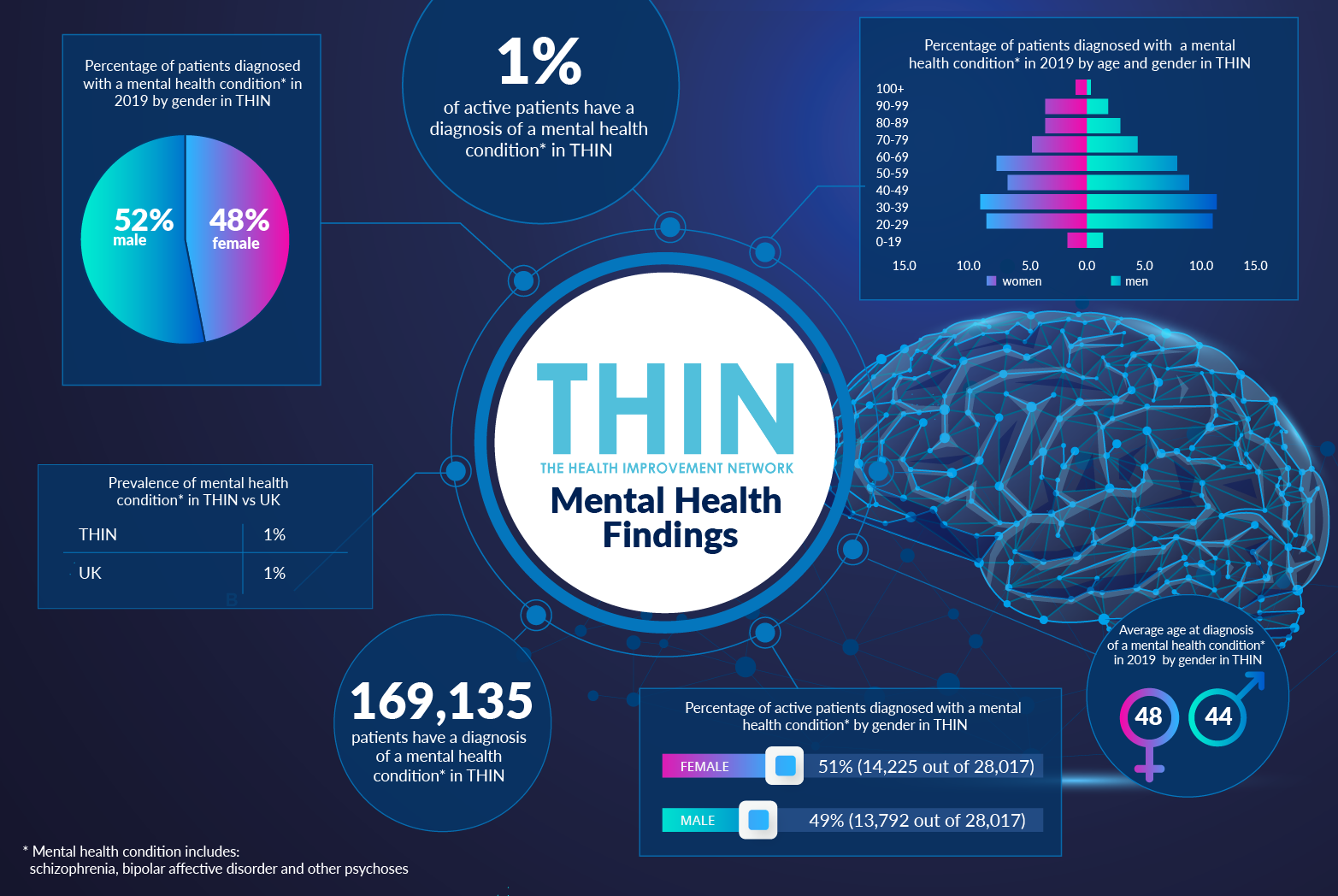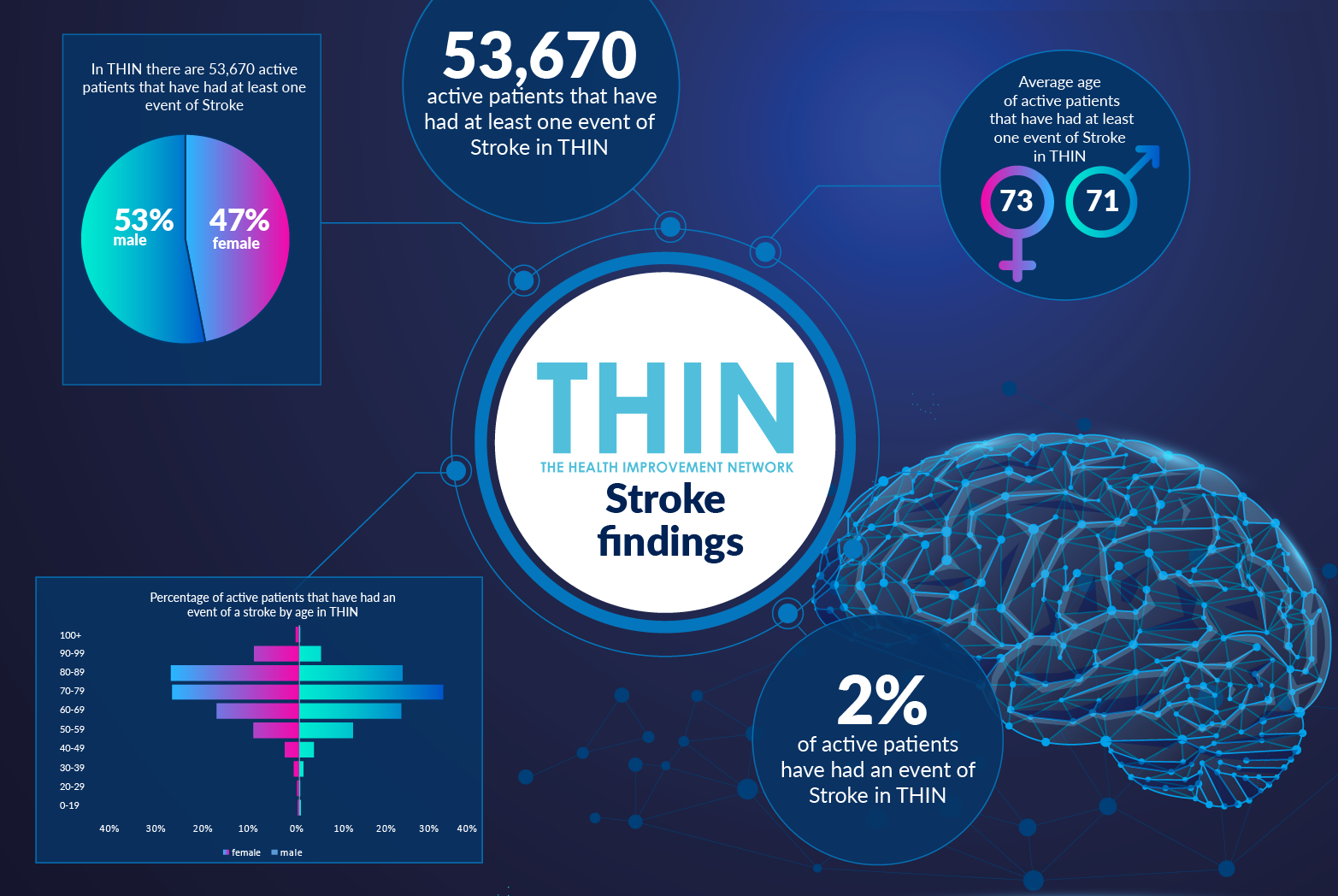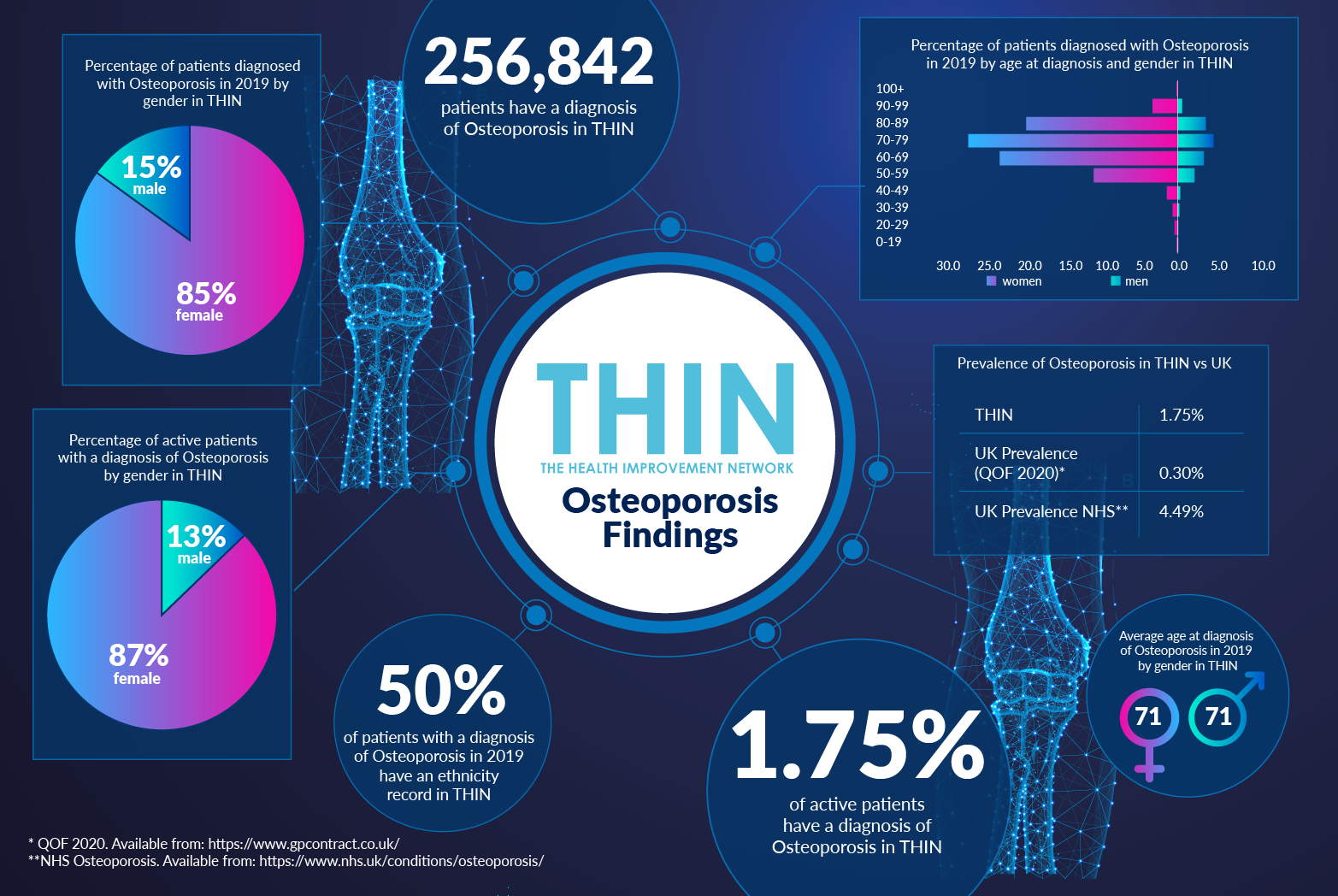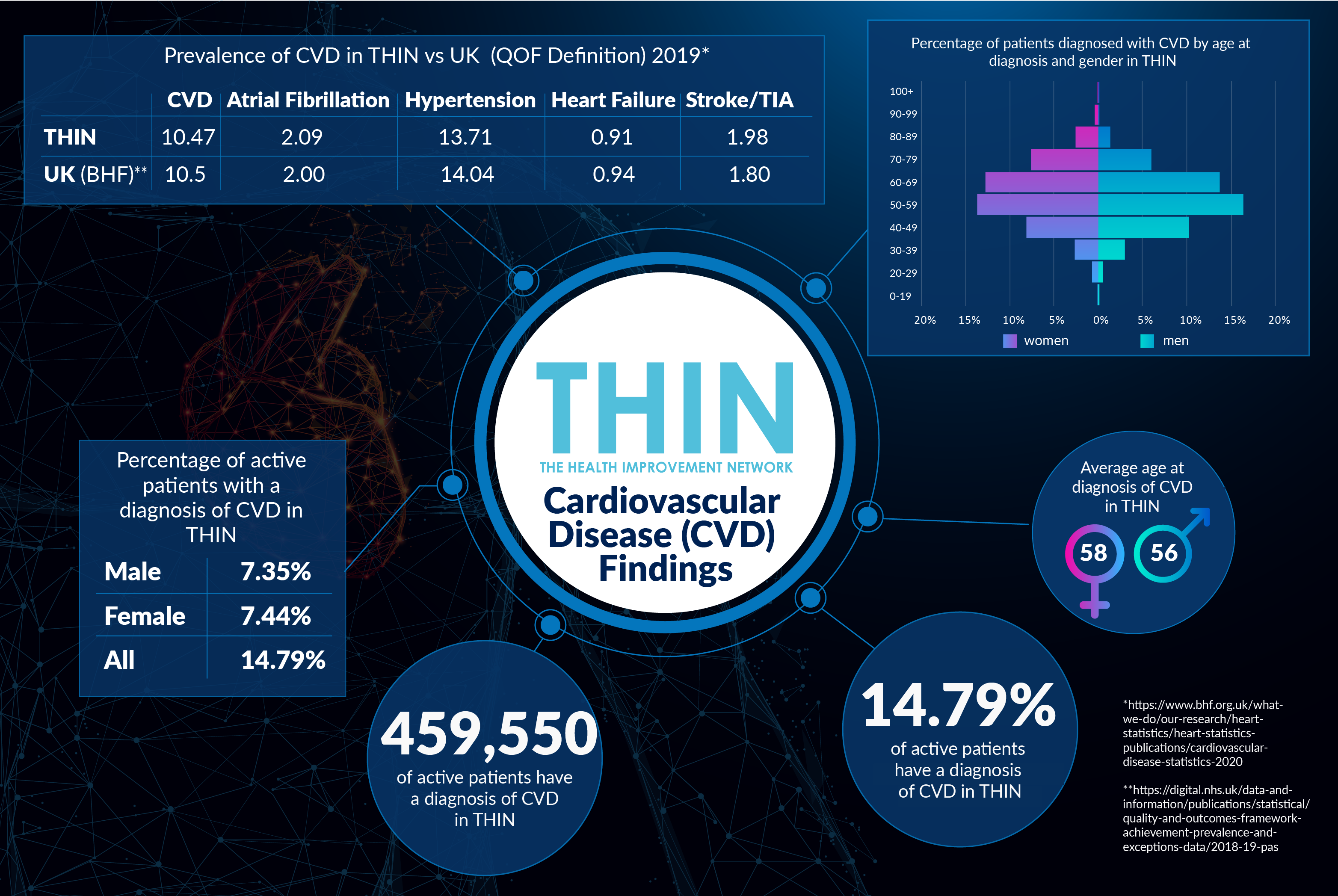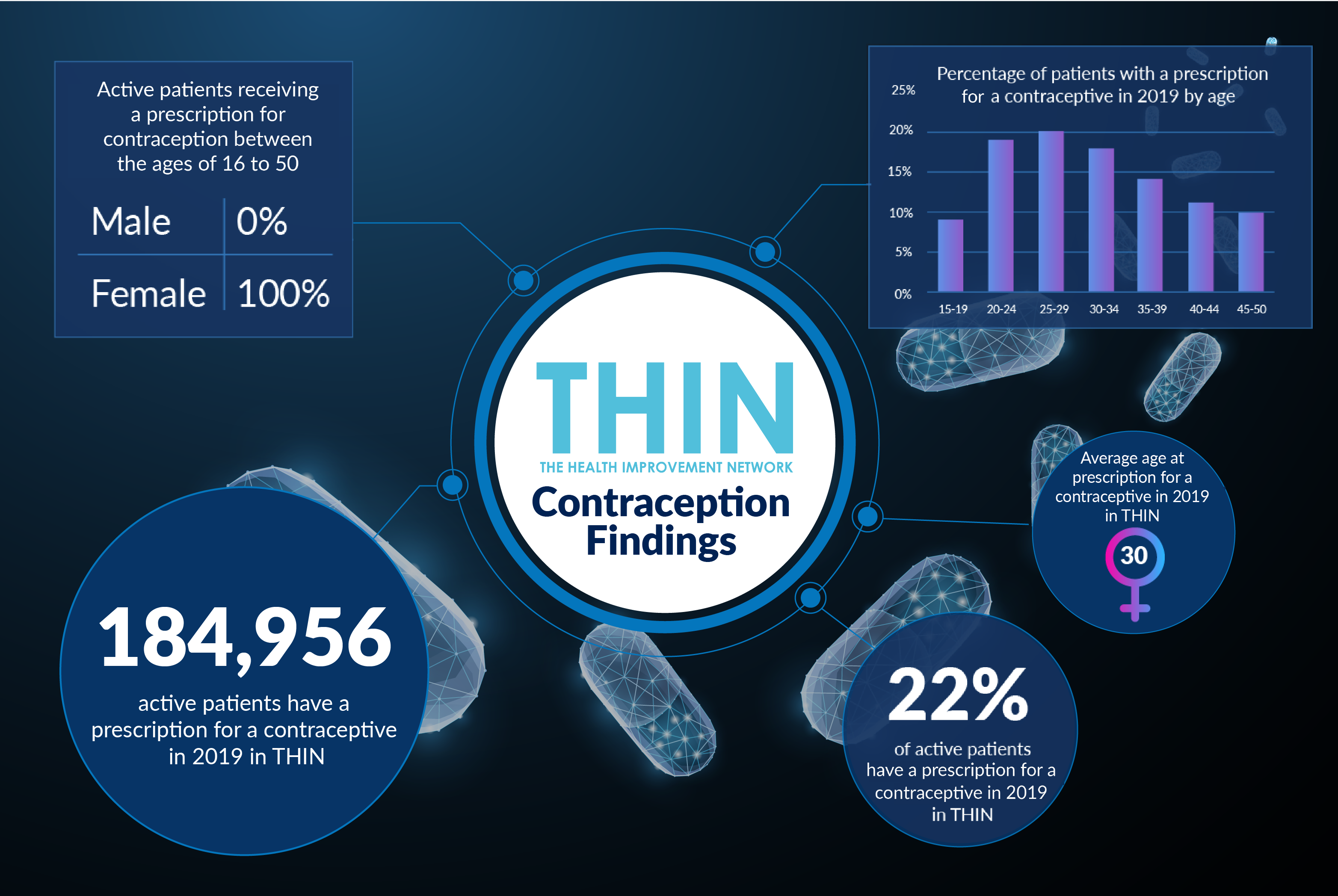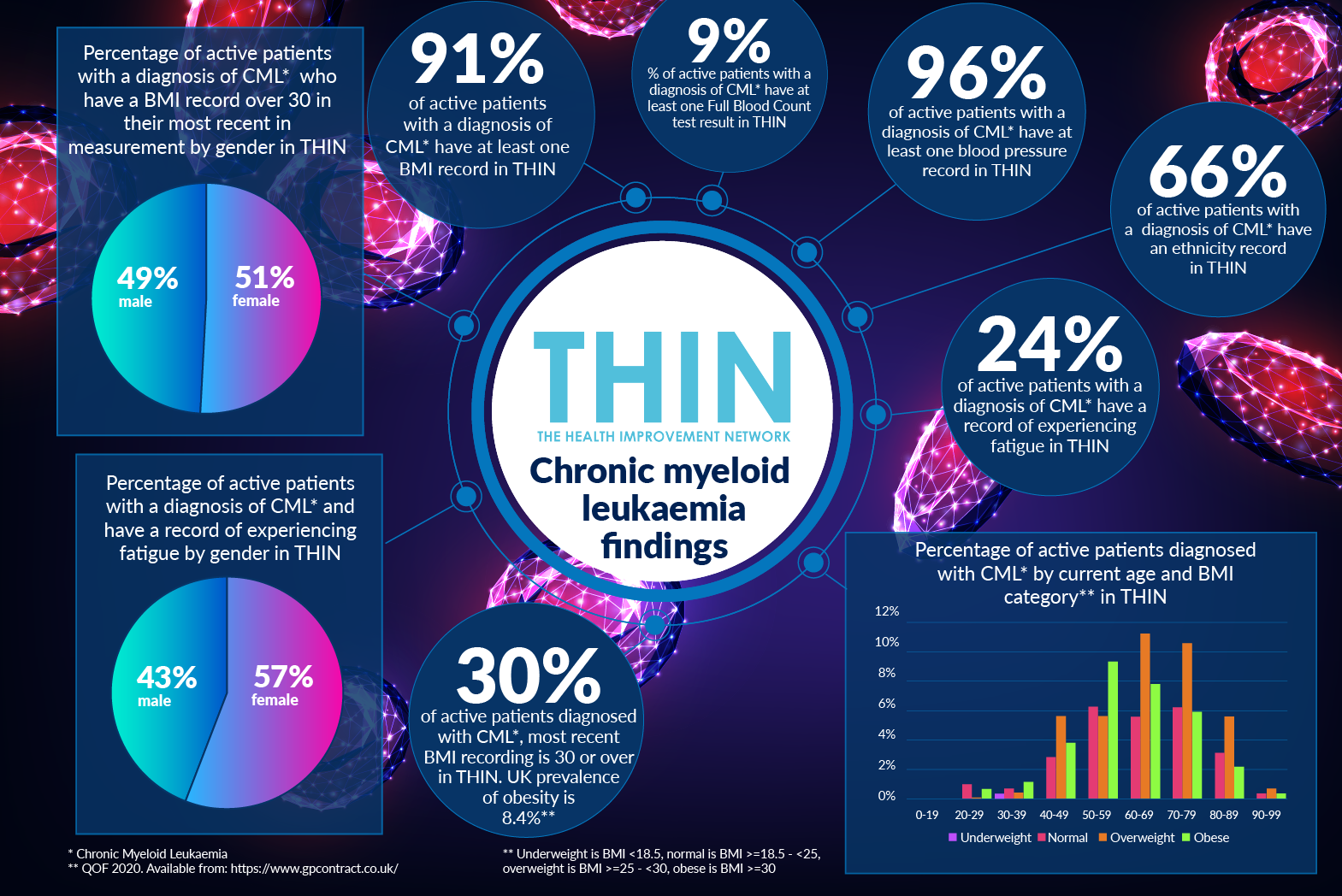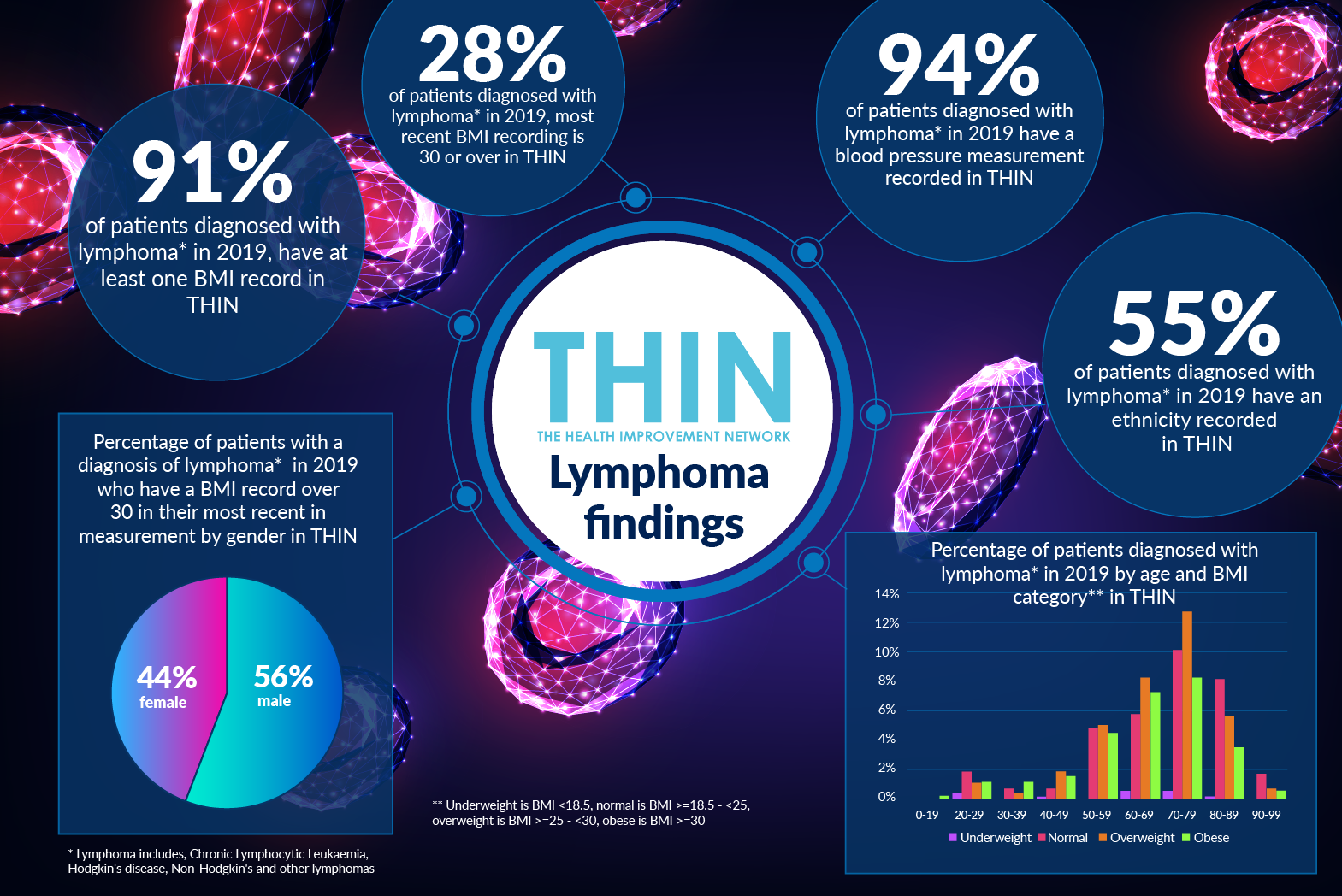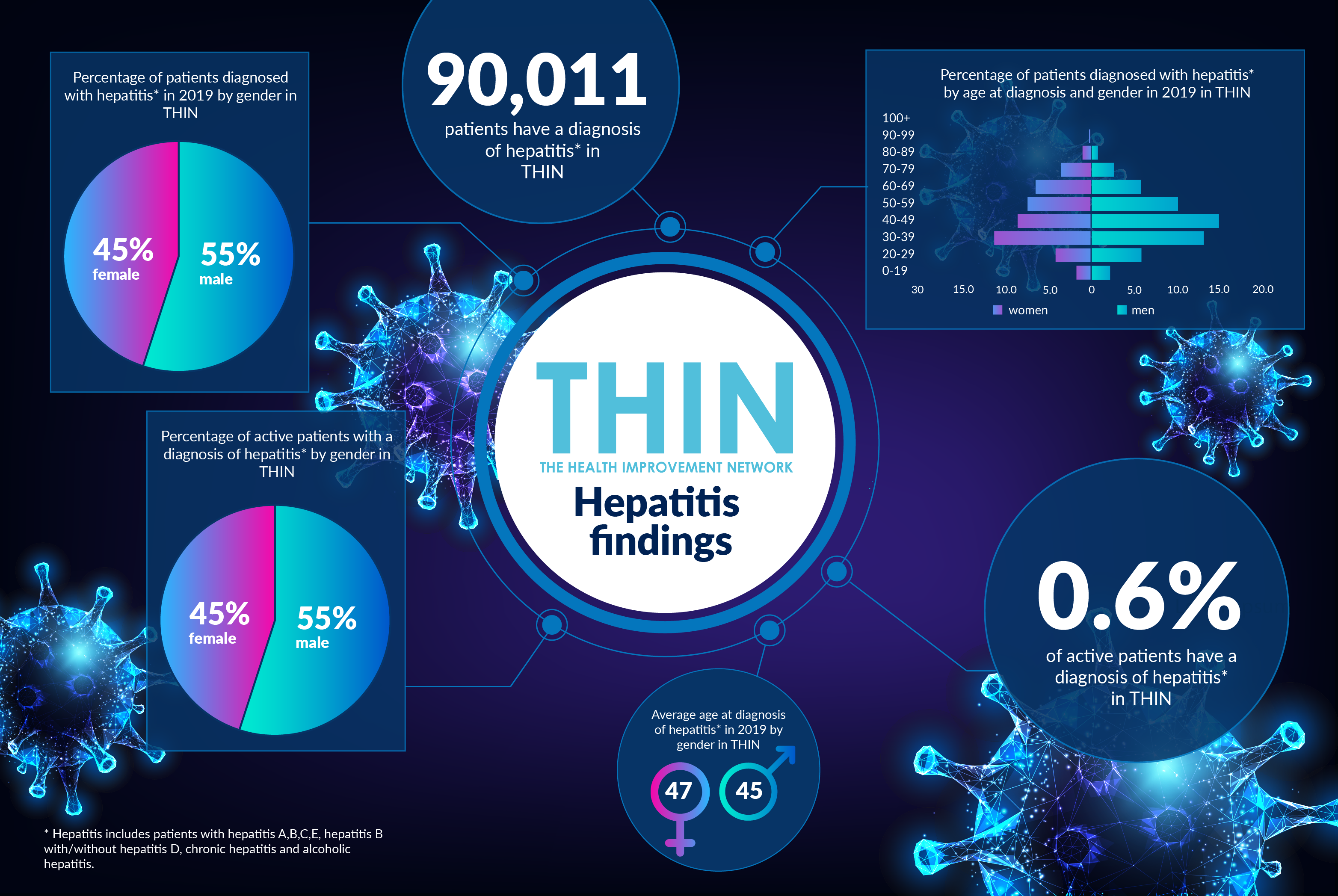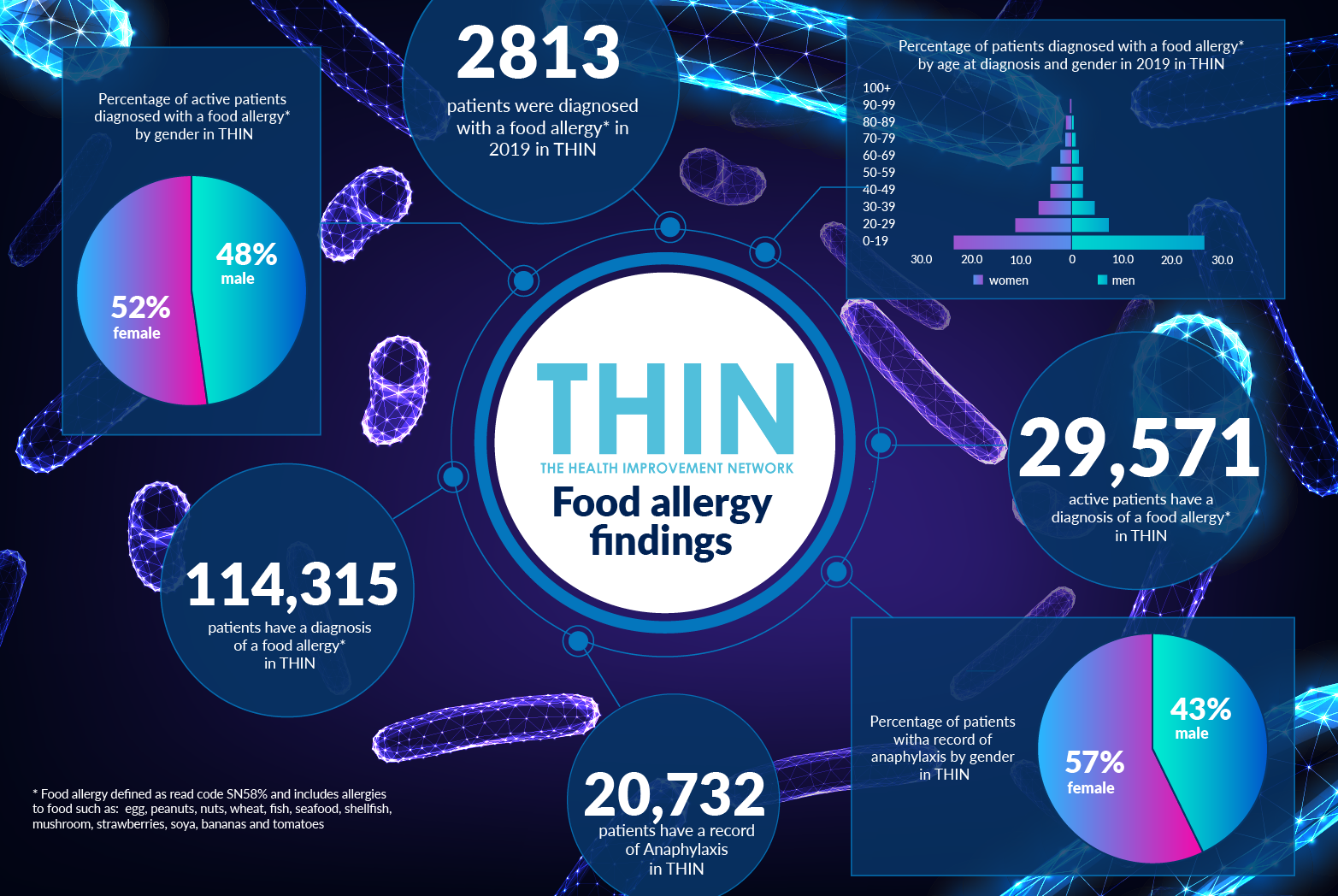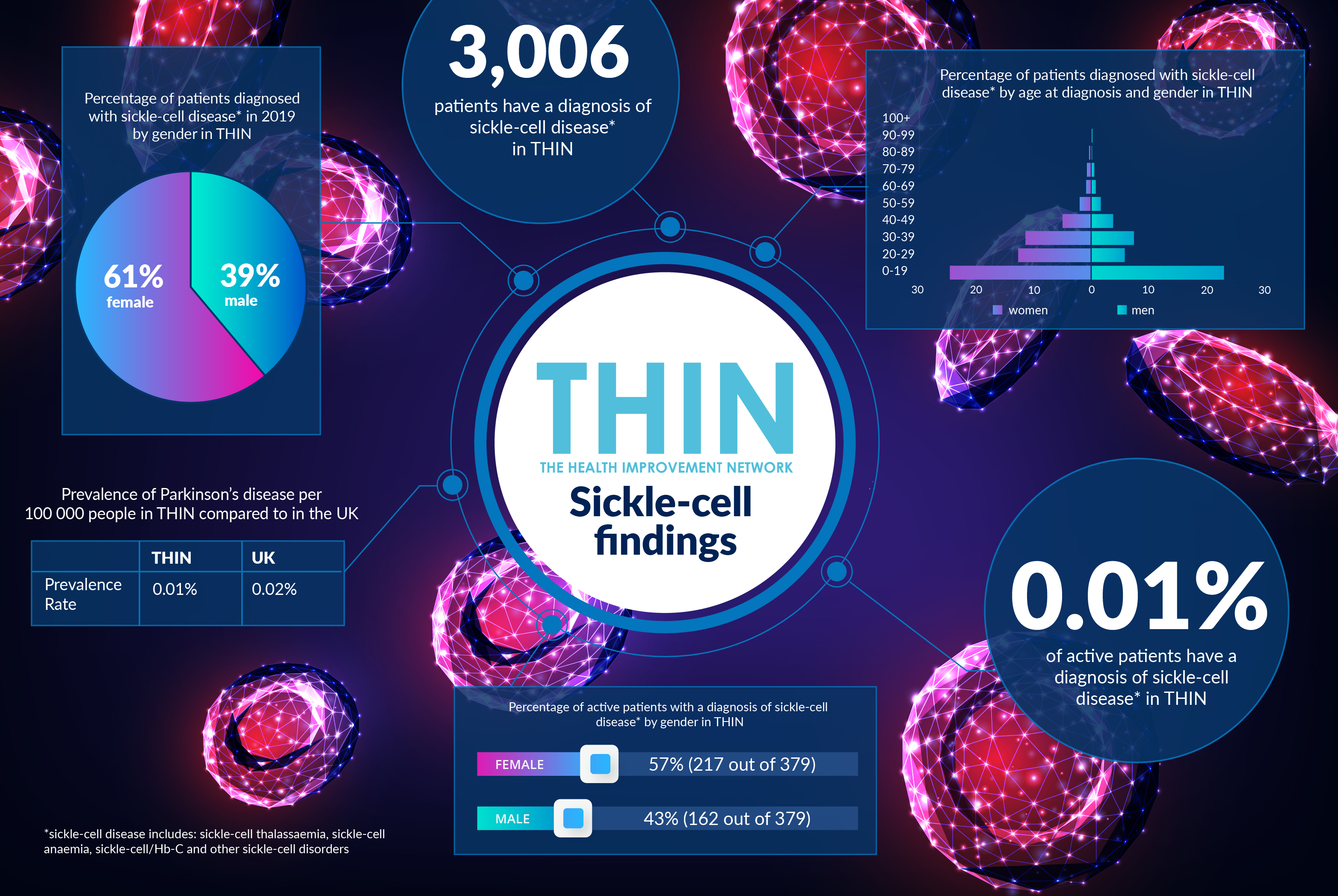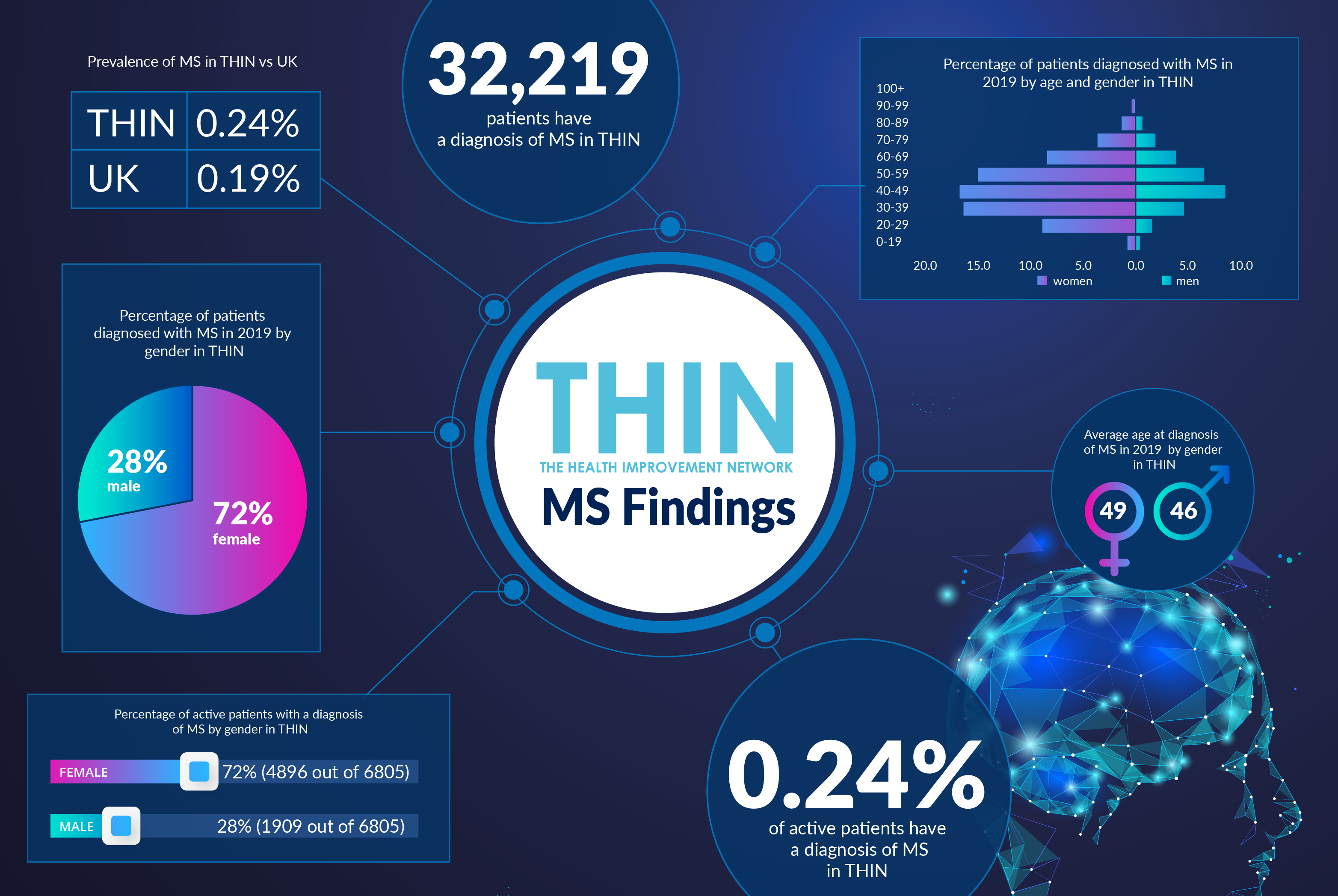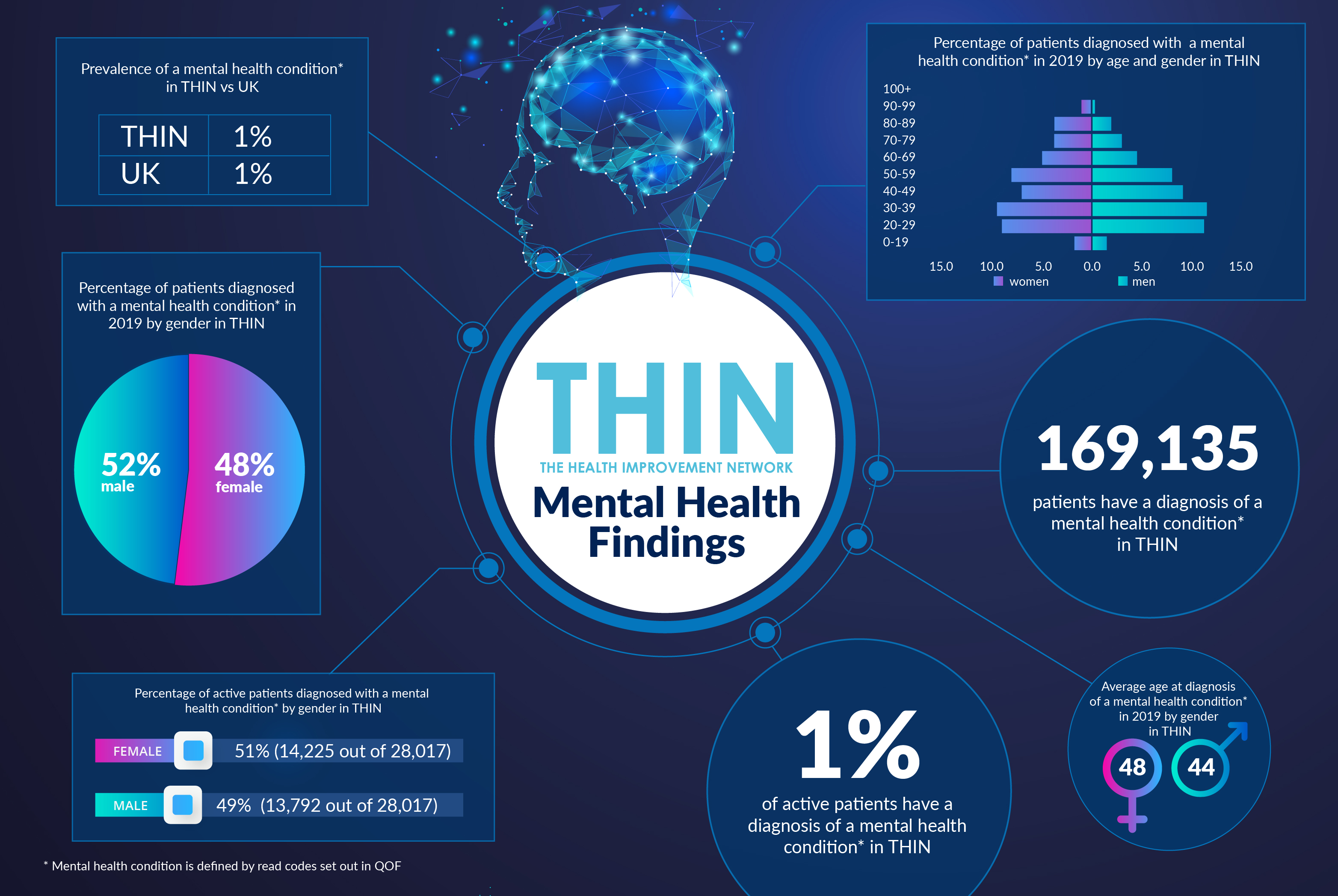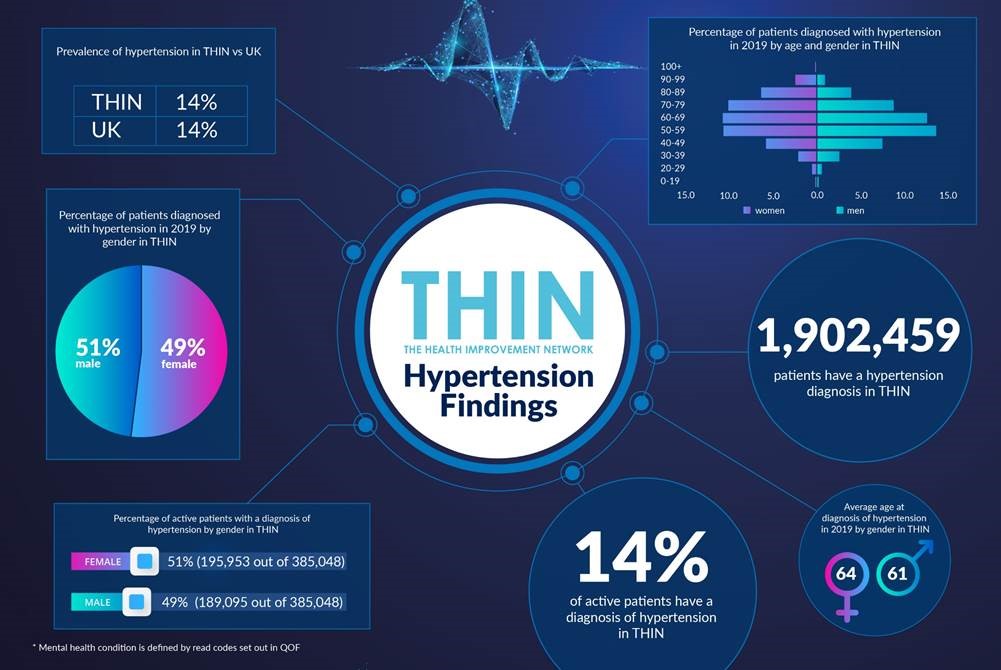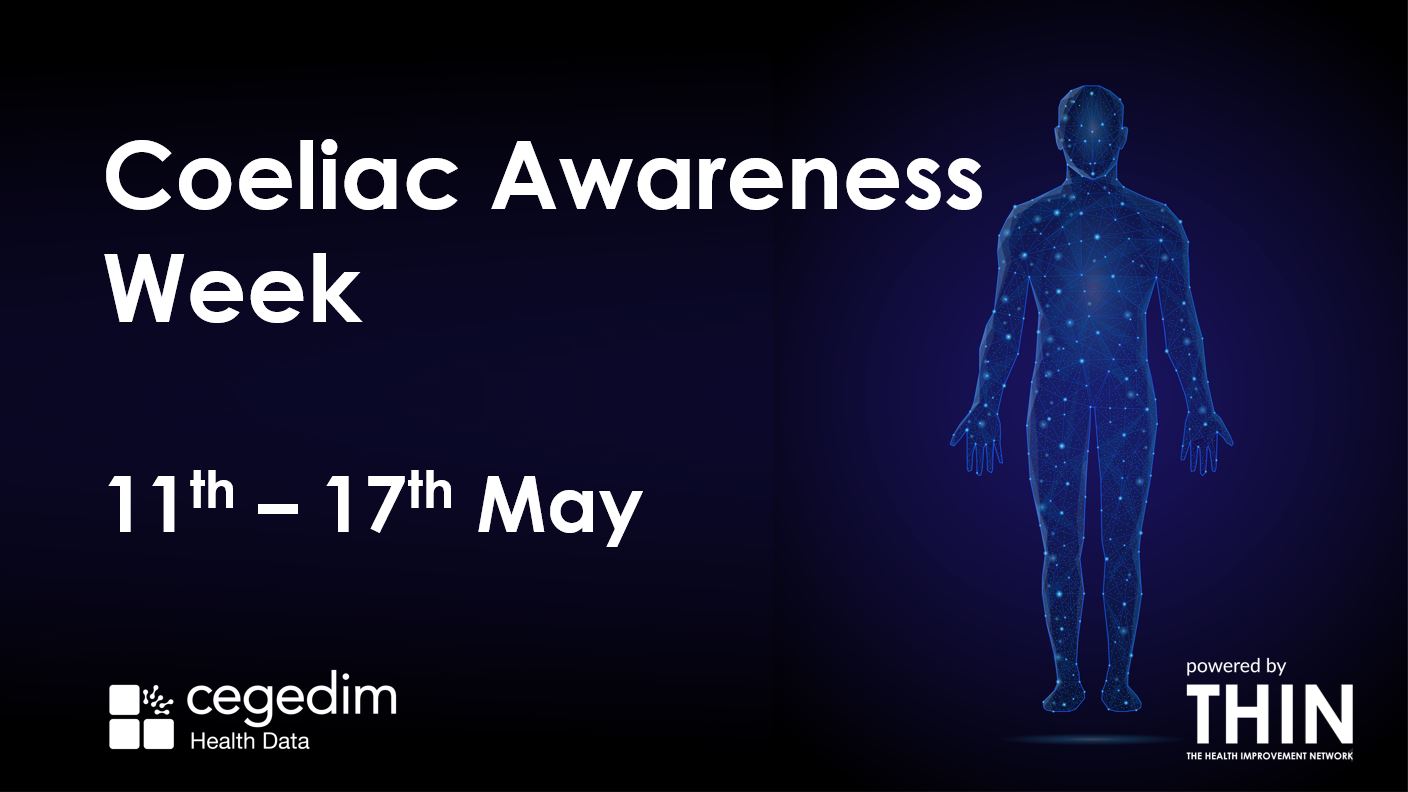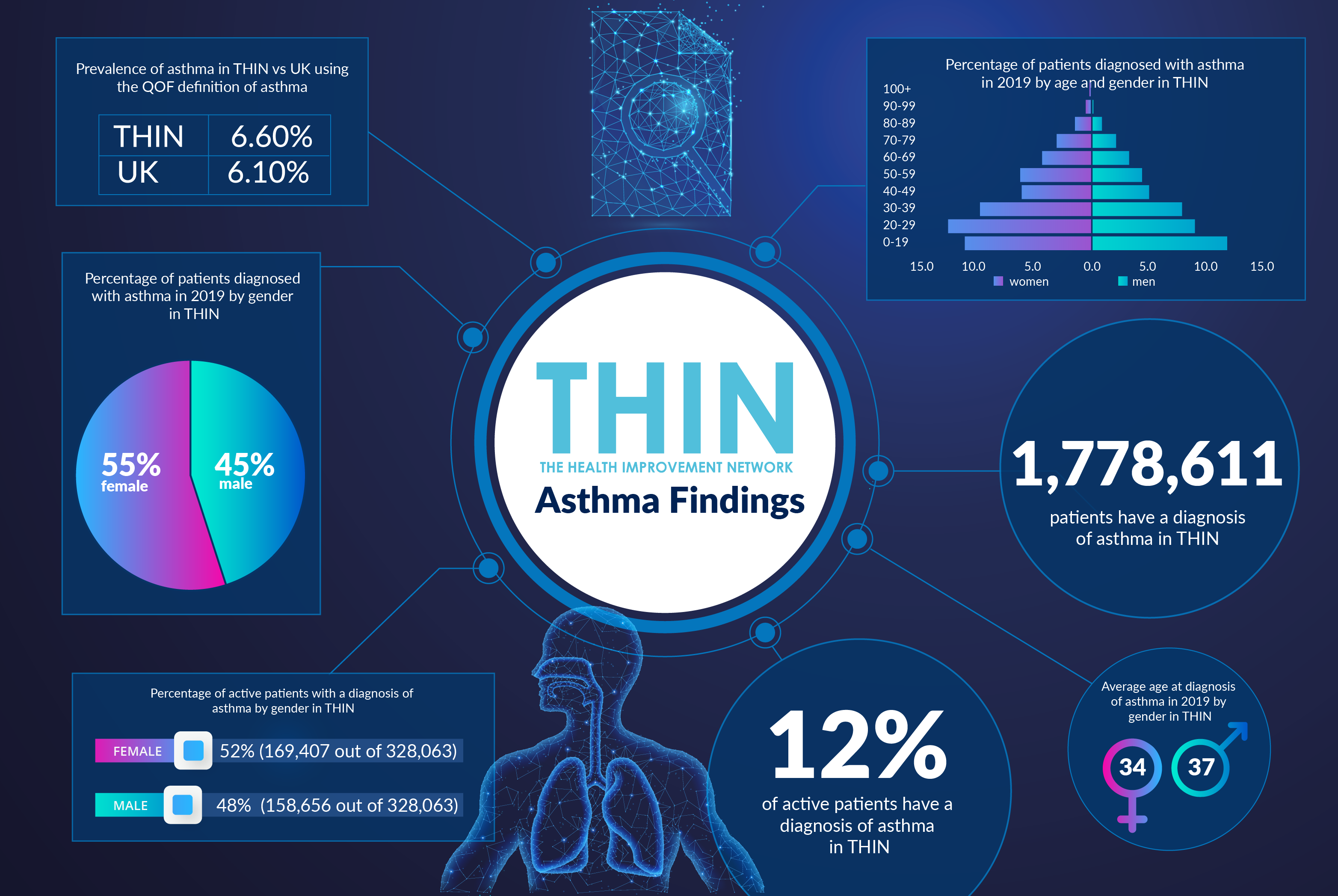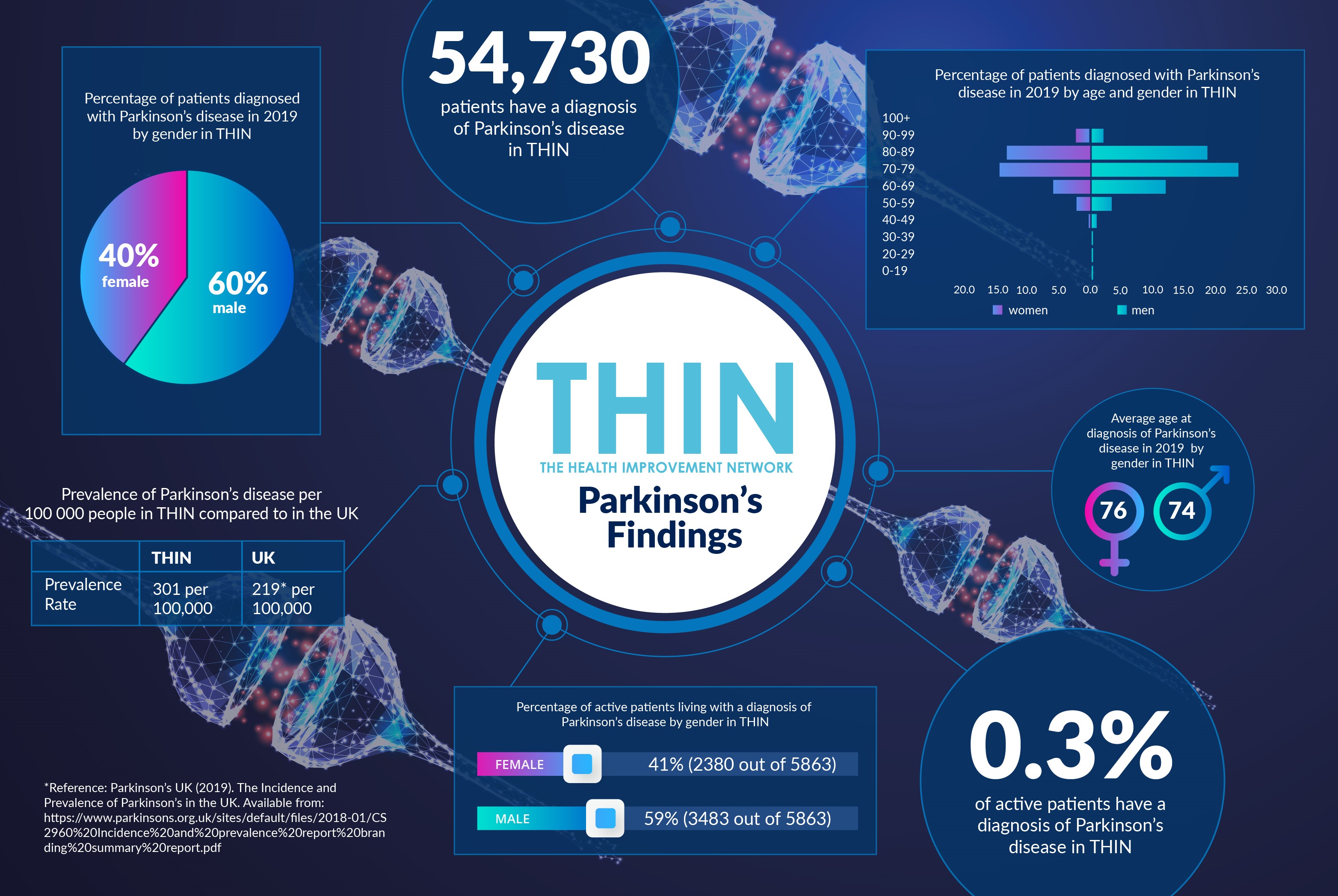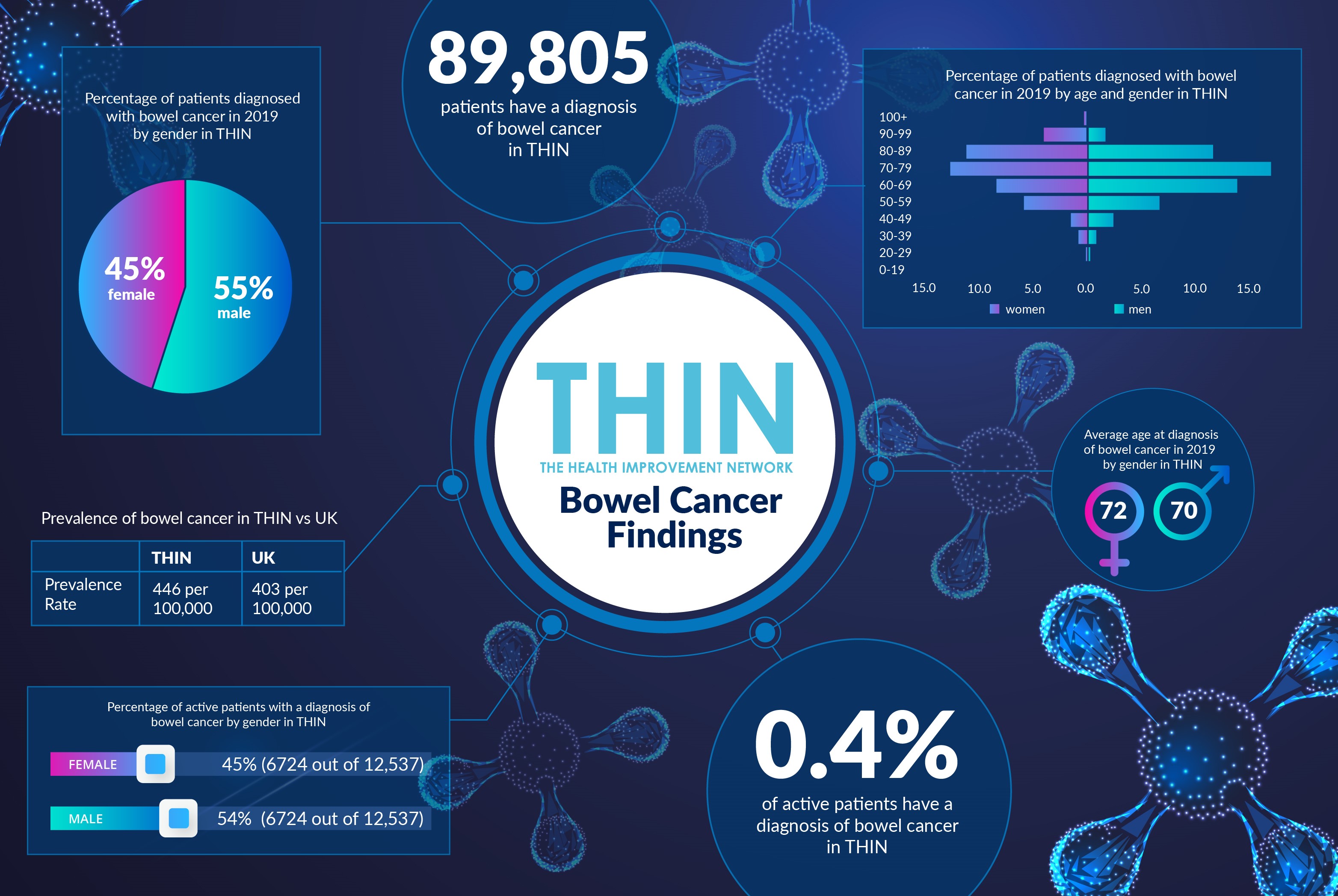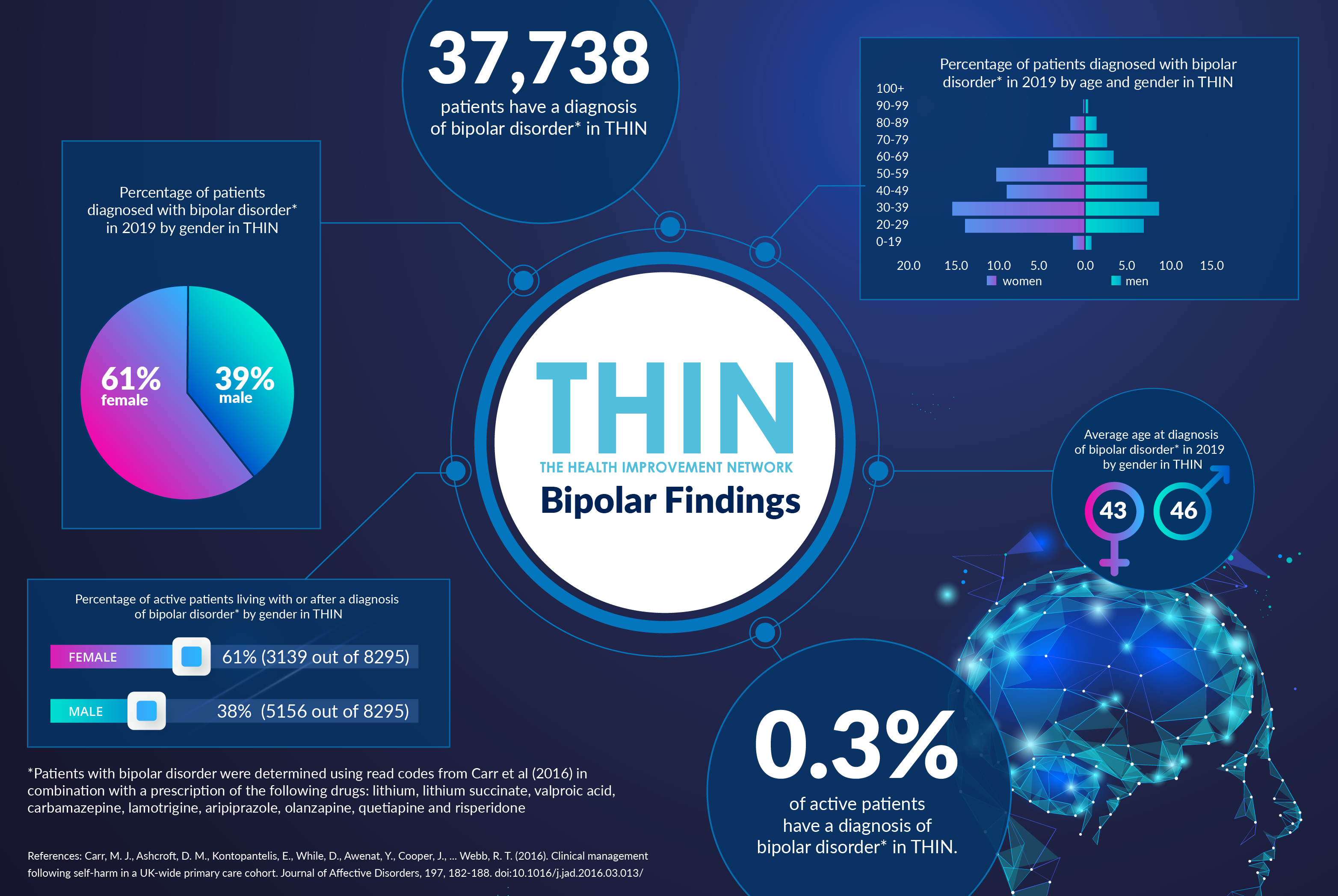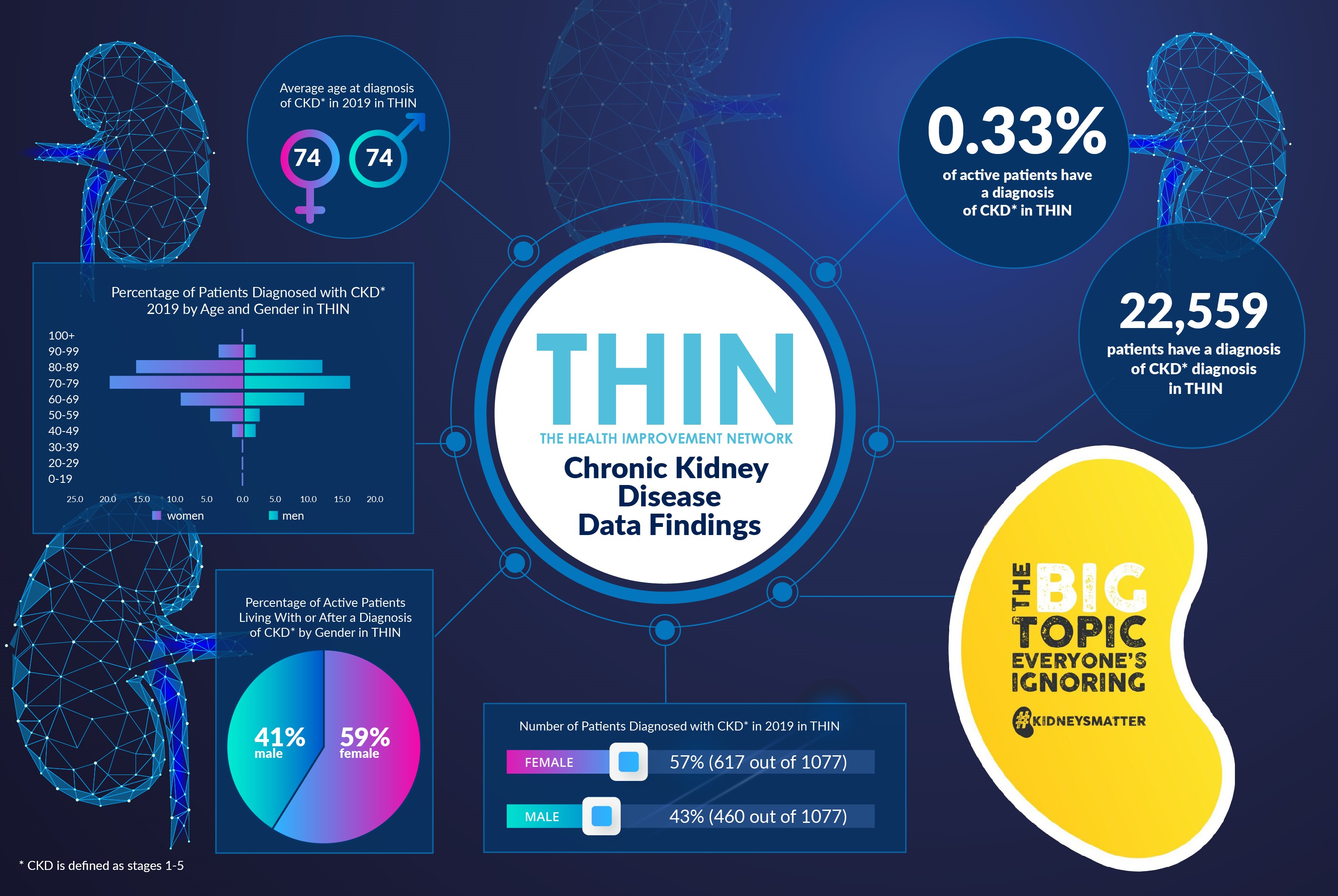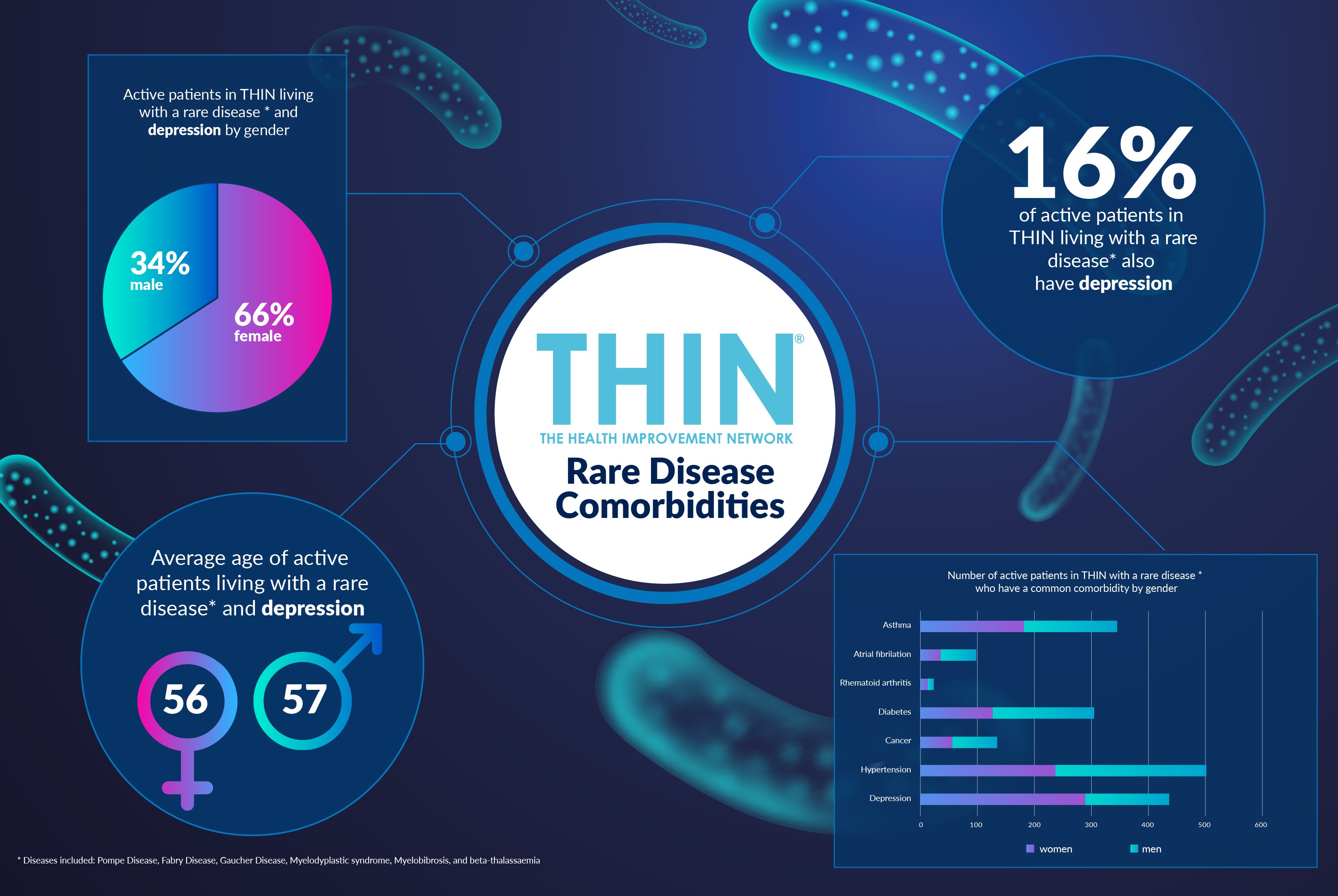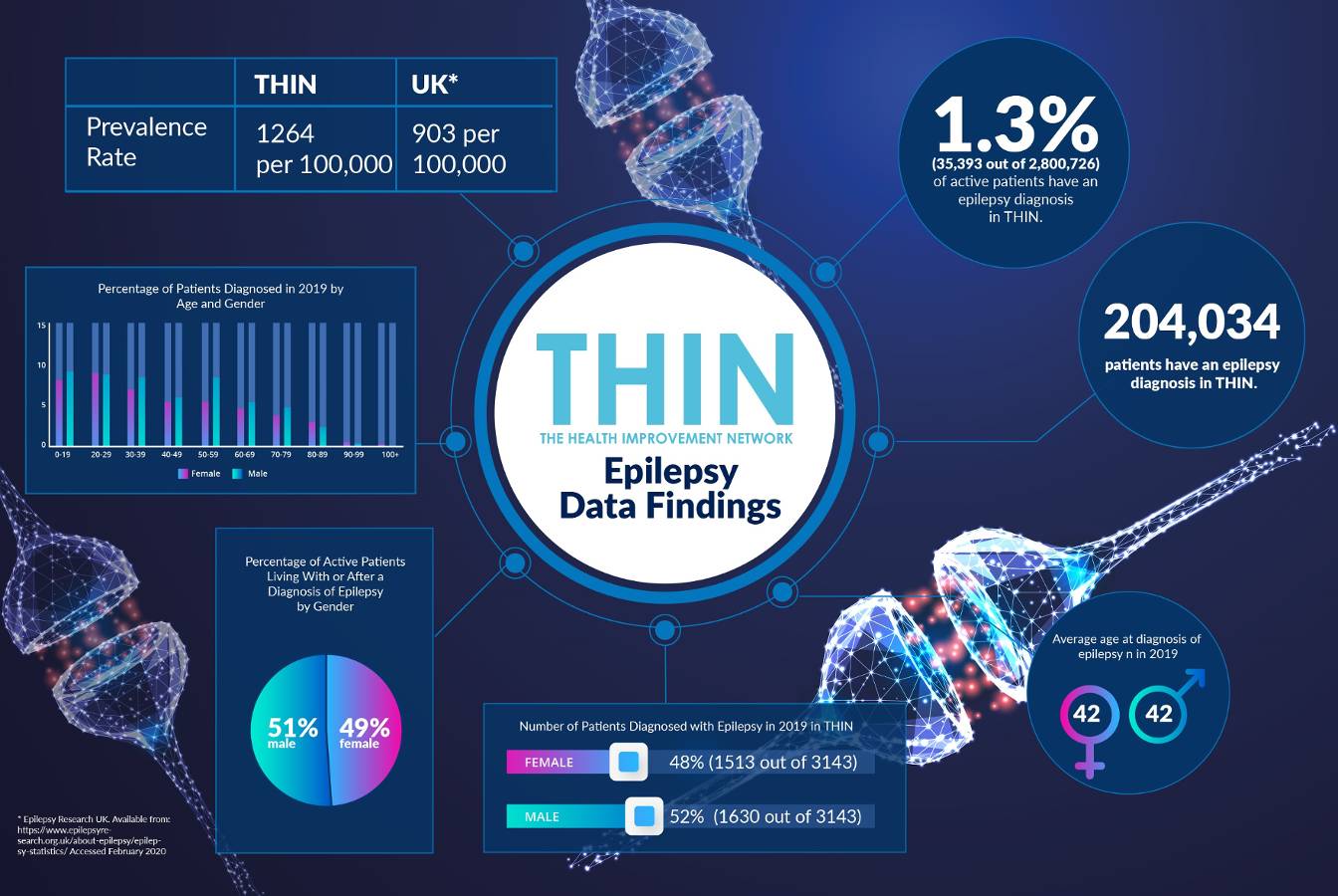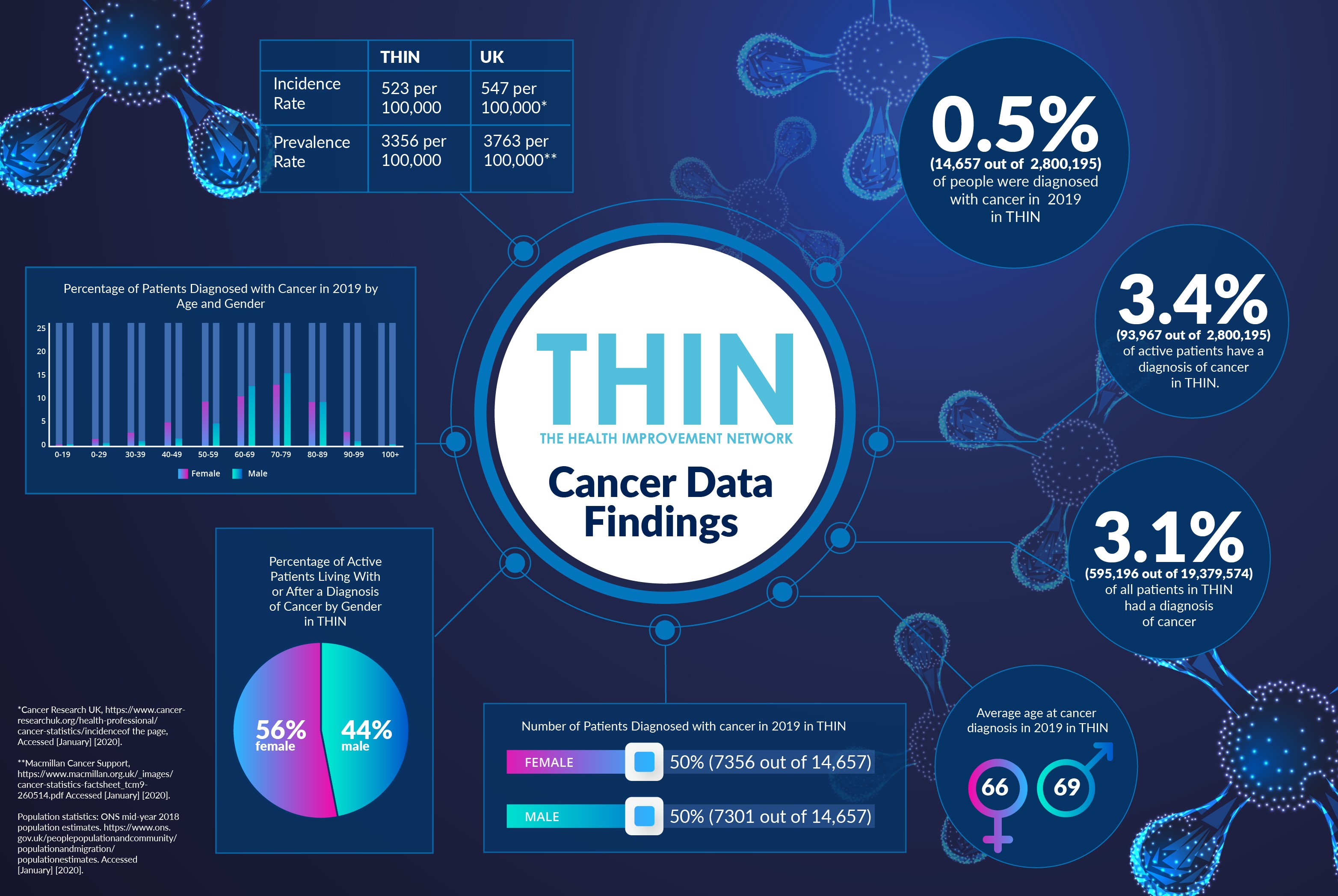Everyone needs some cholesterol, but according to Heart UK over half of UK adults have raised cholesterol, which can lead to heart disease. For many individuals, positive lifestyle changes can make a difference and keep cholesterol levels healthy. But there are other factors that can affect cholesterol levels – including genetics and menopause – and, left unchecked high cholesterol (hypercholesterolemia) may lead to atherosclerosis (the deposition of cholesterol in the walls of arteries) which can reduce the flow of blood to the heart and brain, leading to heart diseases and stroke.
Globally, nations have adopted preventative strategies to mitigate the risk of high cholesterol; in the UK alone over eight million people are routinely prescribed cholesterol lowering drugs (Statins). Given the significant population groups both with high cholesterol and taking prescribed medication it is therefore vital not only for individuals to understand – and check – their cholesterol levels but also for clinicians to understand and track the efficacy of both lifestyle change and medication.
However, according to analysis of The Health Improvement Network (THIN®), a Cegedim database, analysis of the percentage of cholesterol blood tests out of contacts in THIN® by blood test and year between 2017 and 2021 confirms that tests plummeted in March 2020 and have yet to recover to pre-COVID 19 levels.
Which is one of the reasons why this October, during National Cholesterol Month, everyone is being advised to Talk about Cholesterol – and get a simple cholesterol test.
